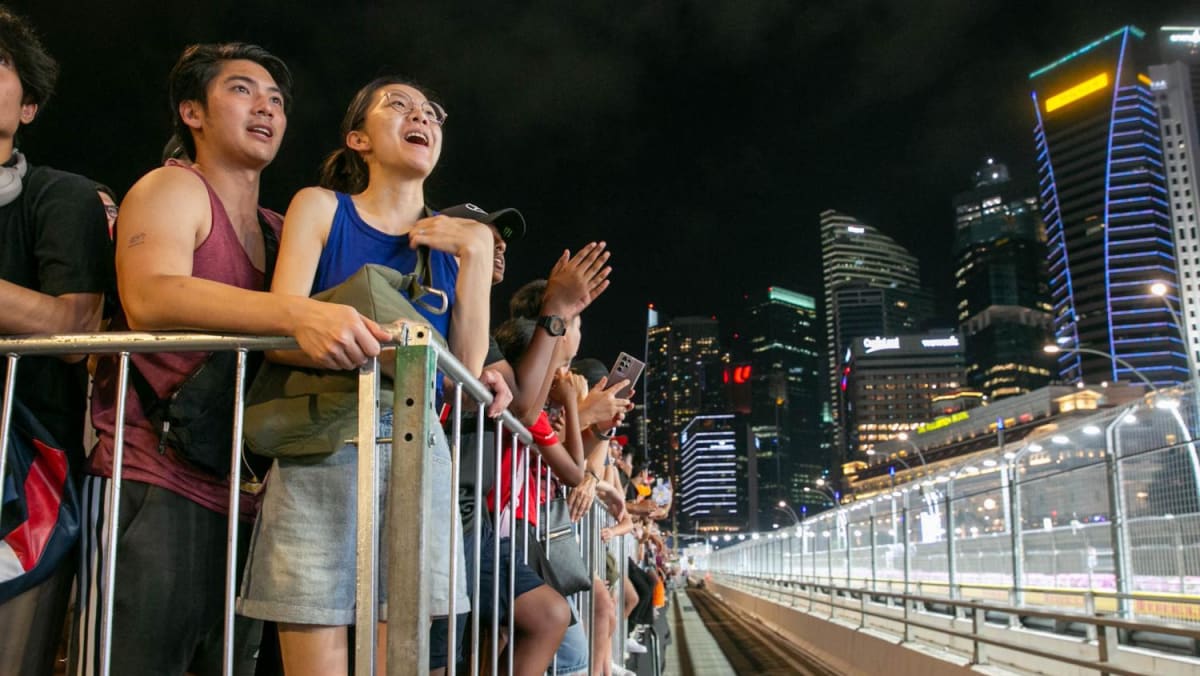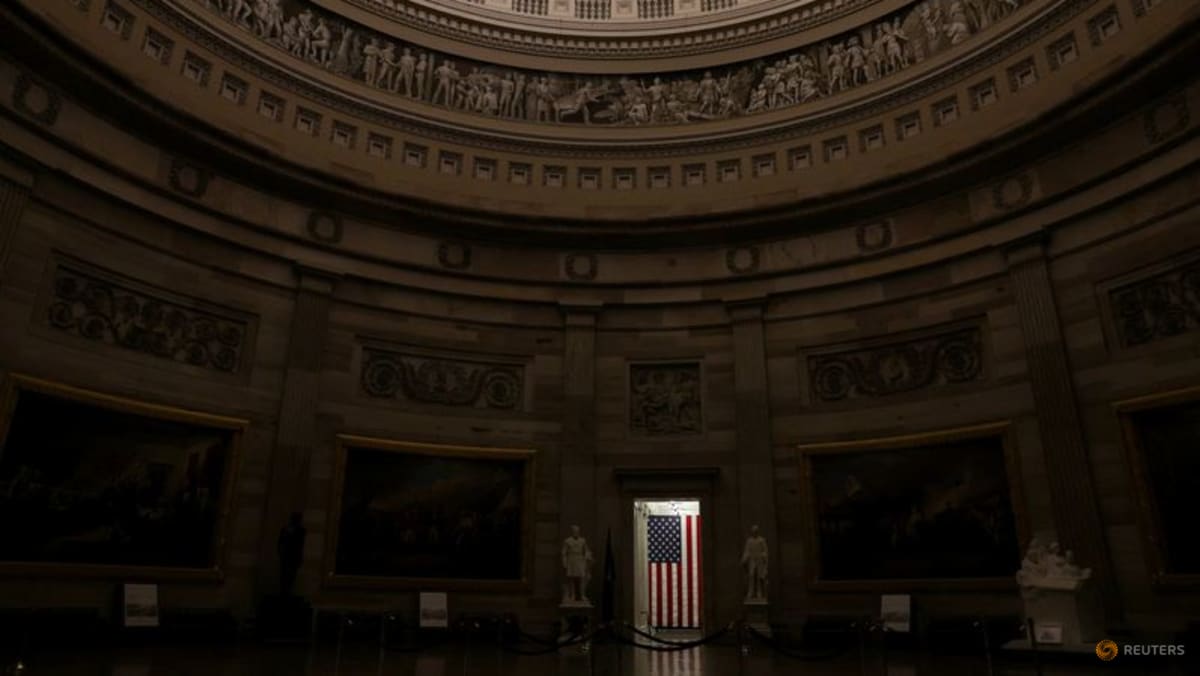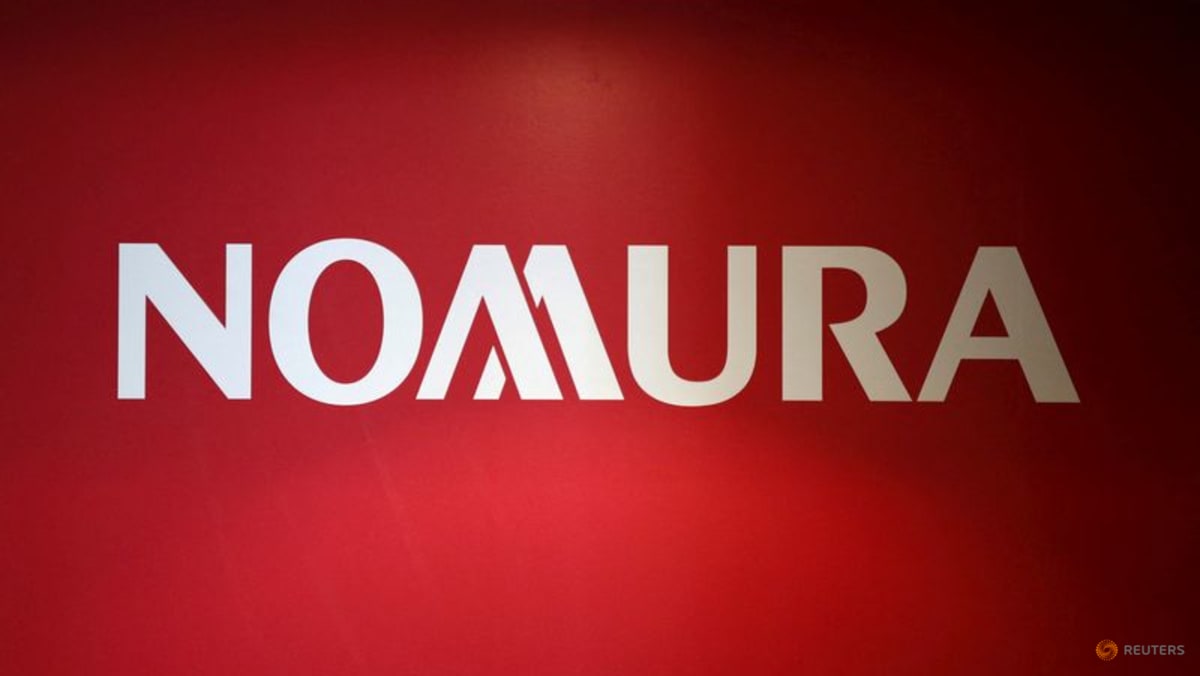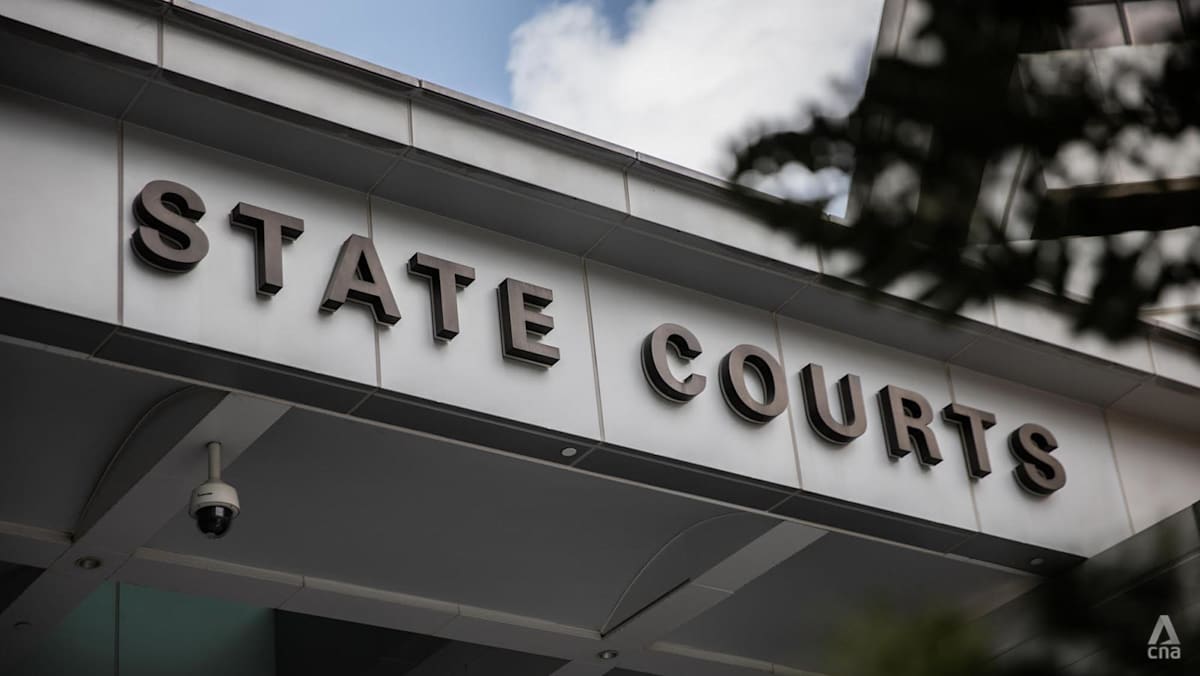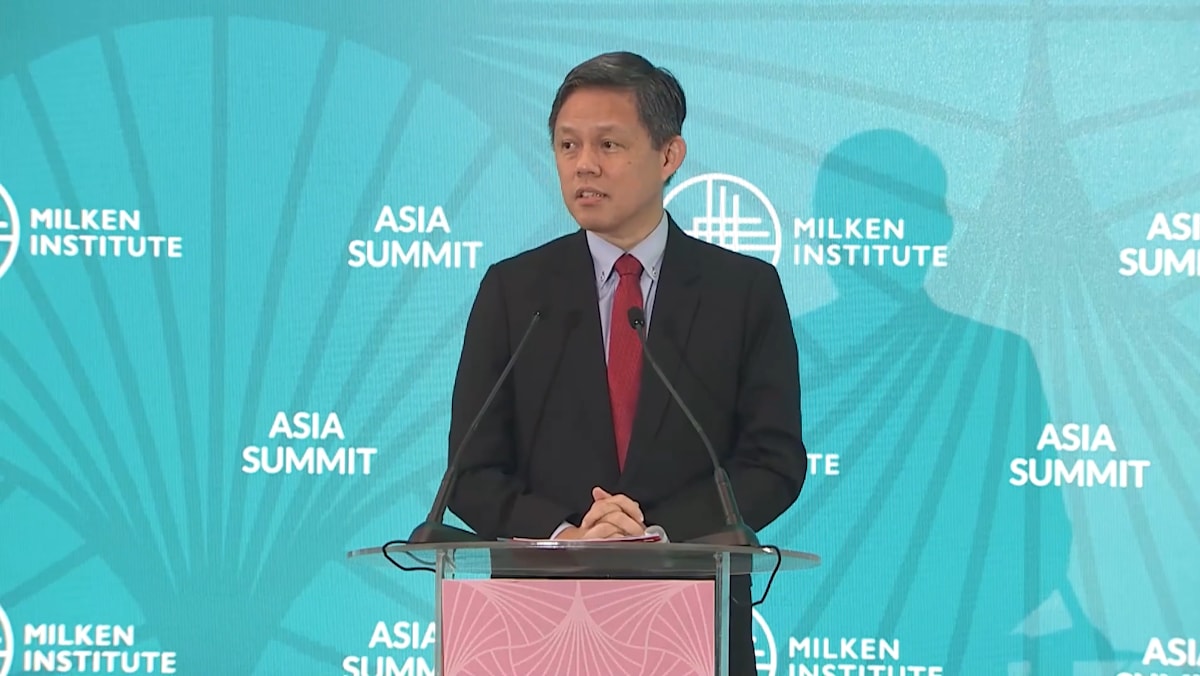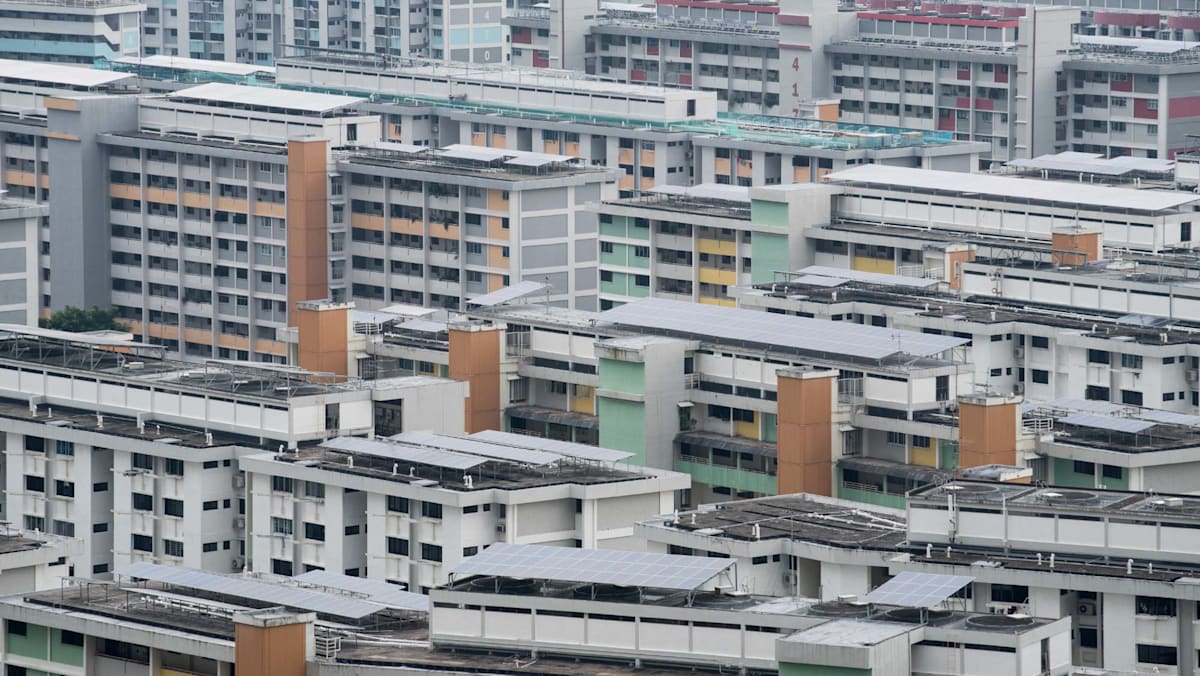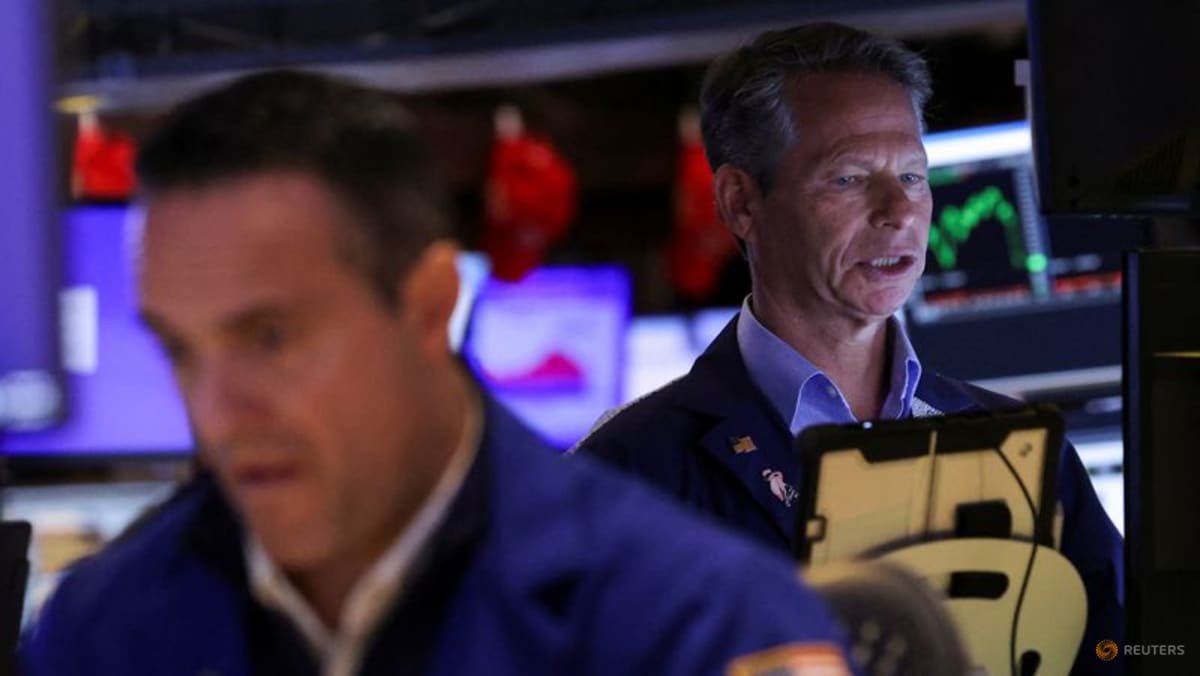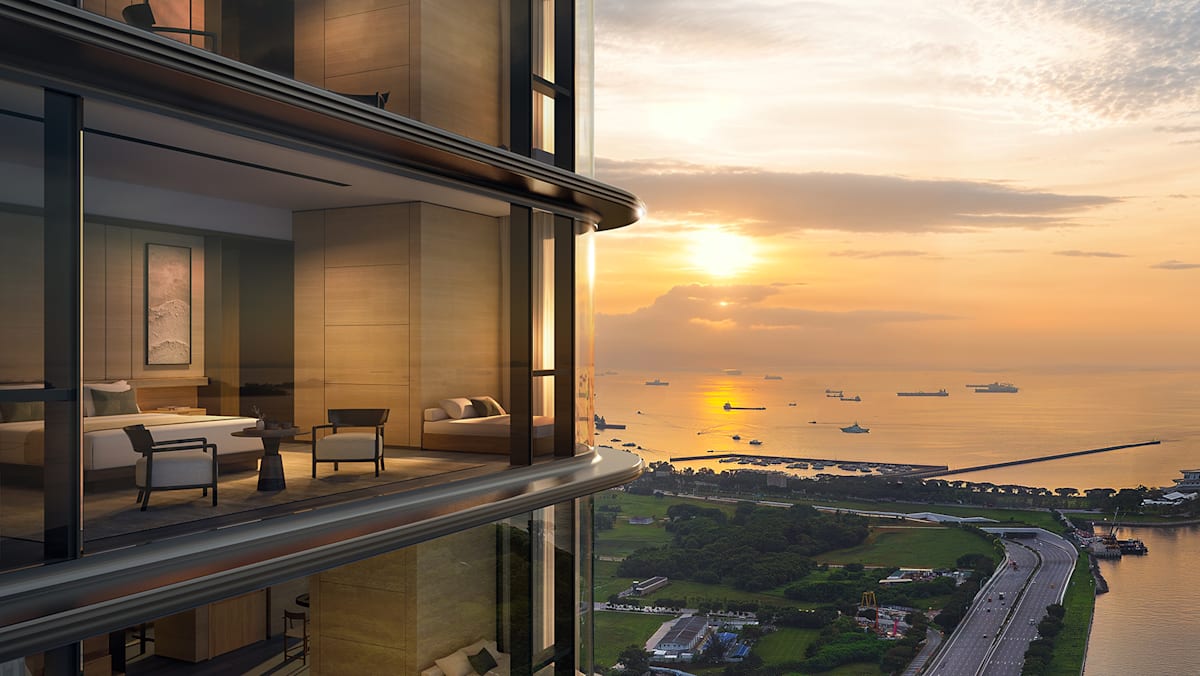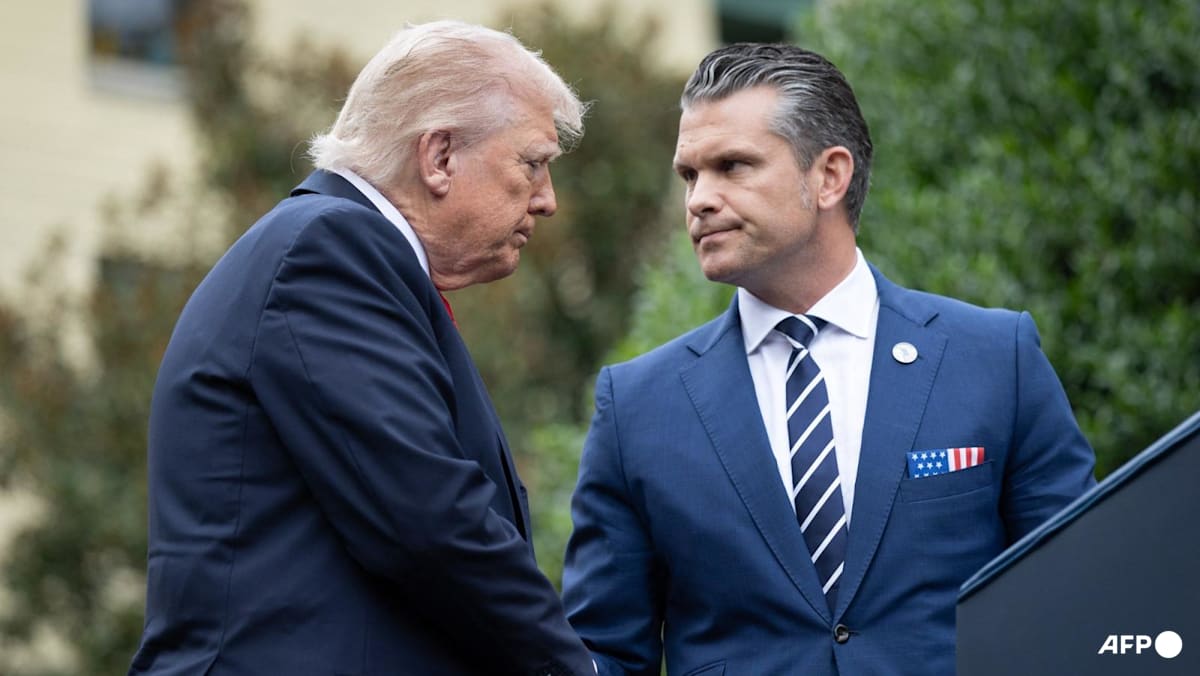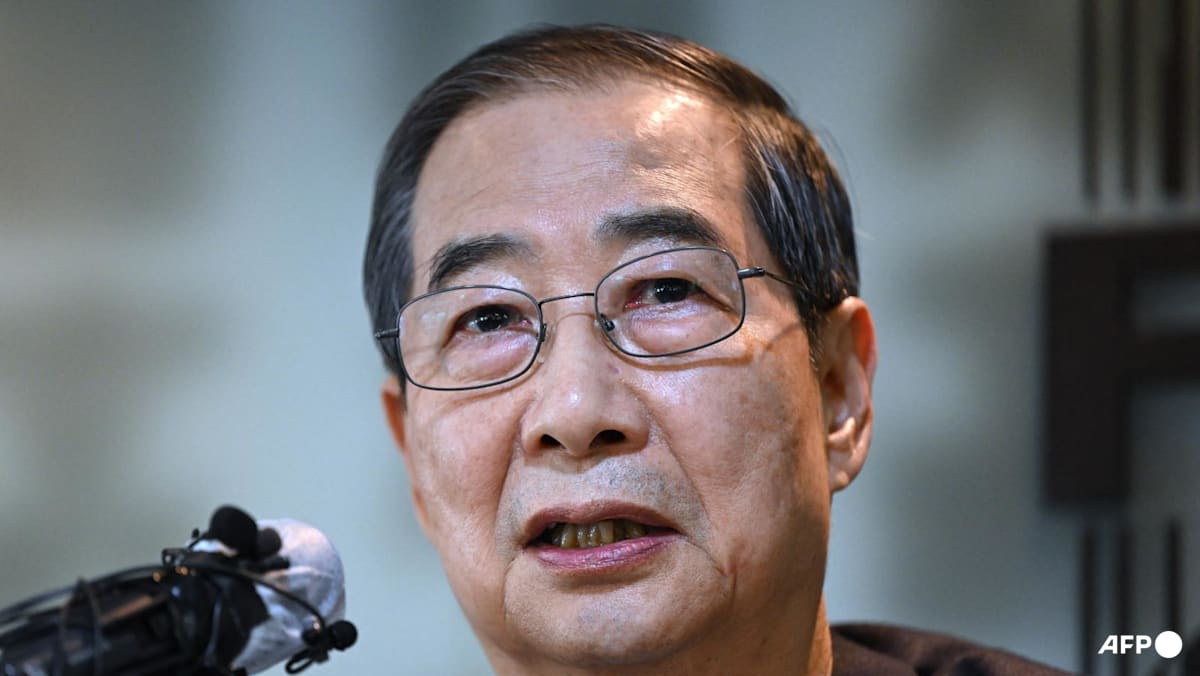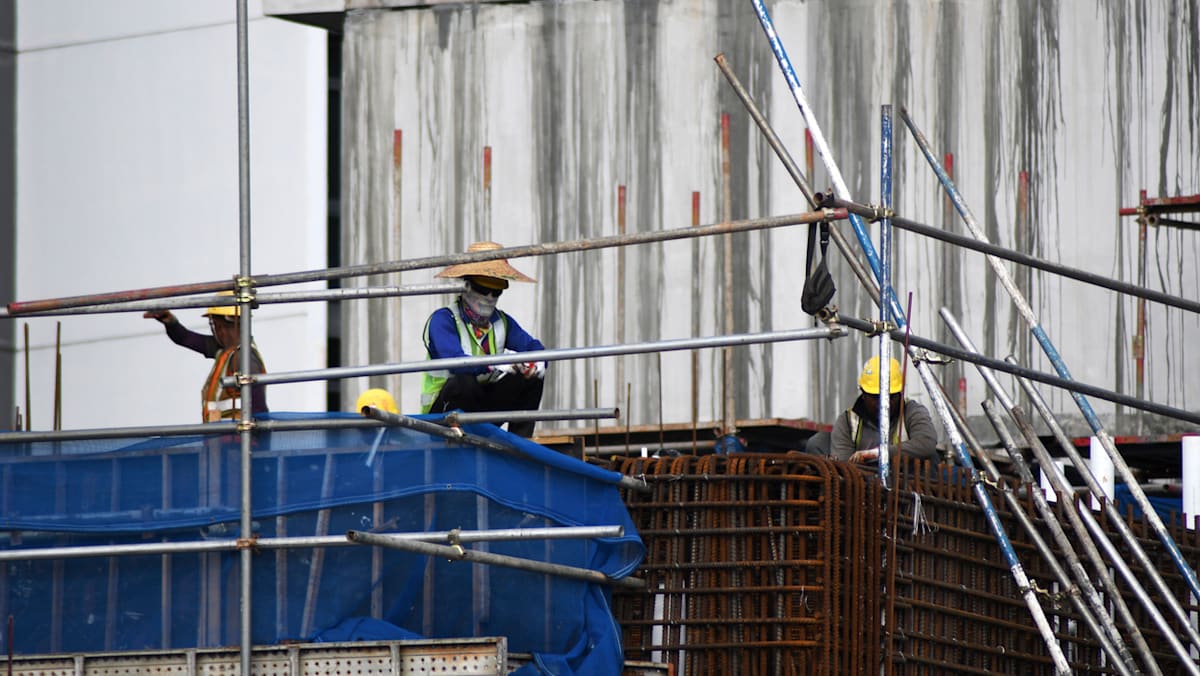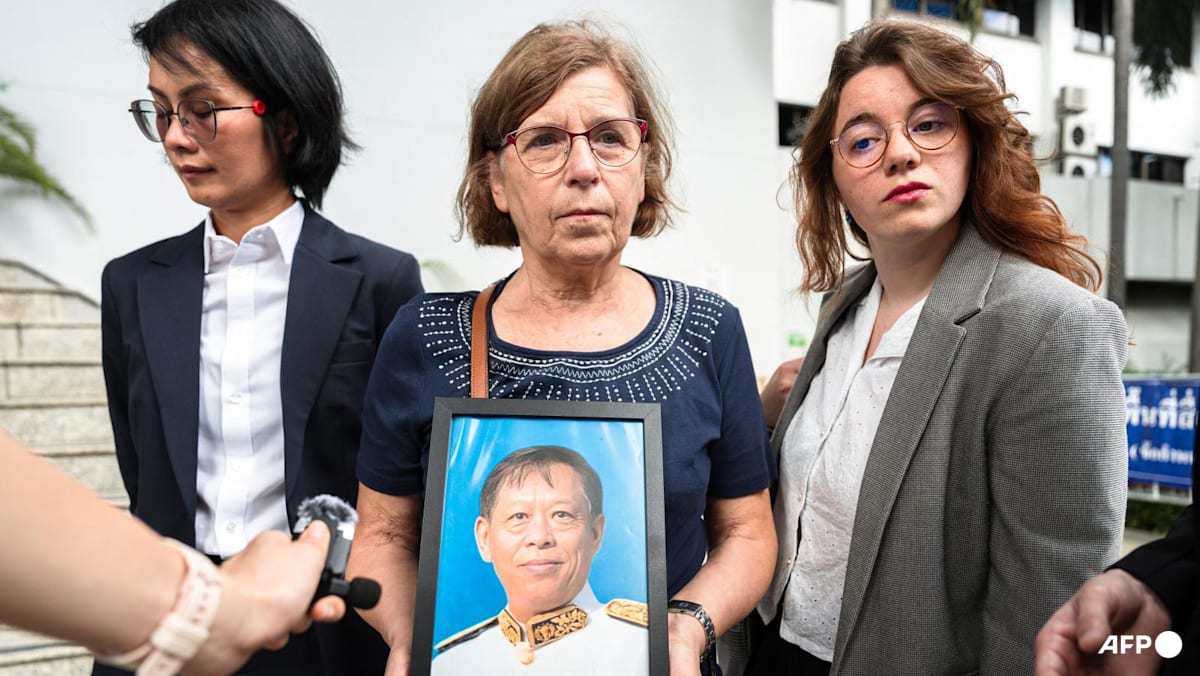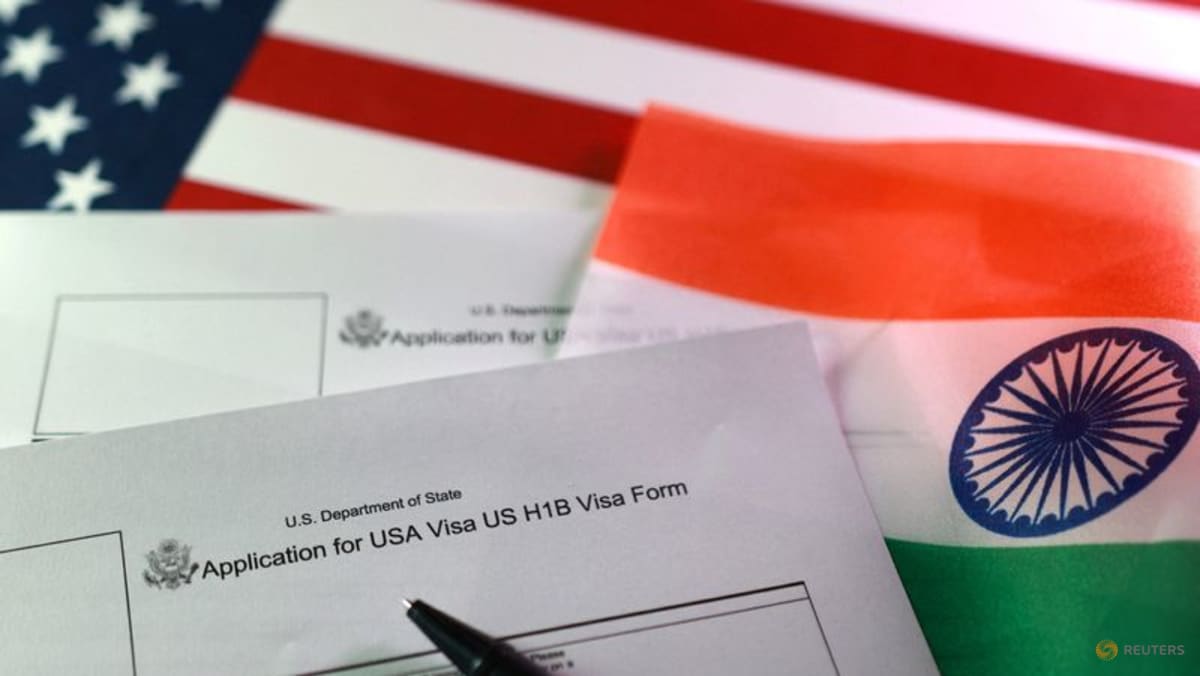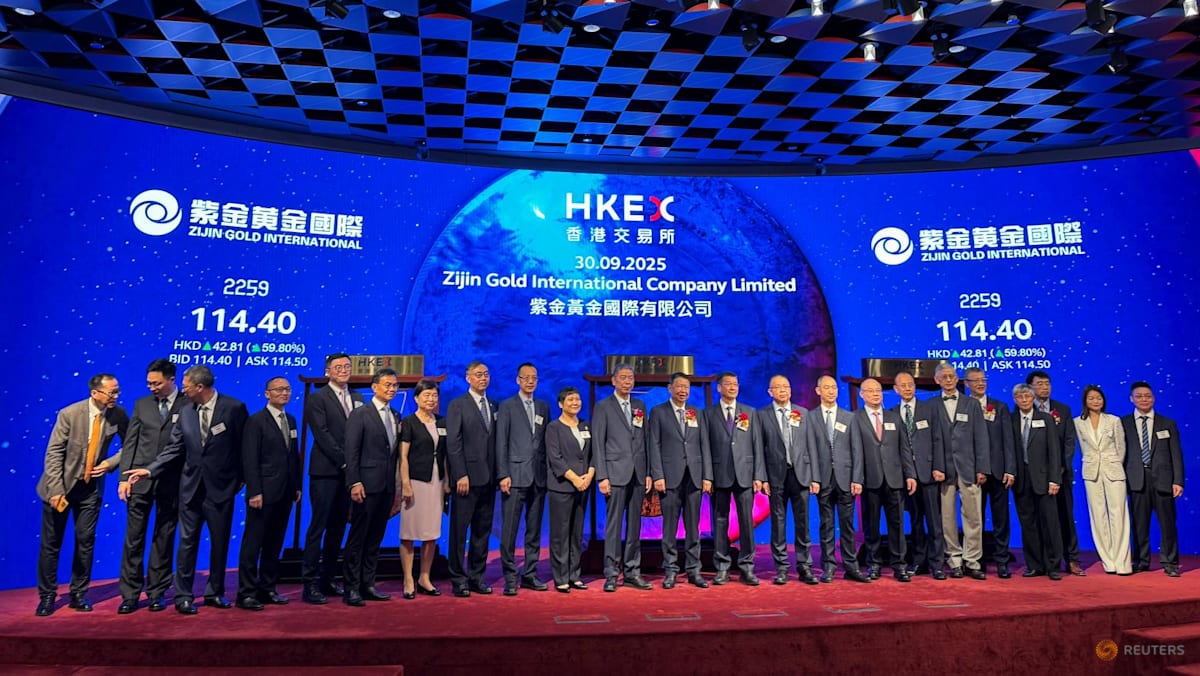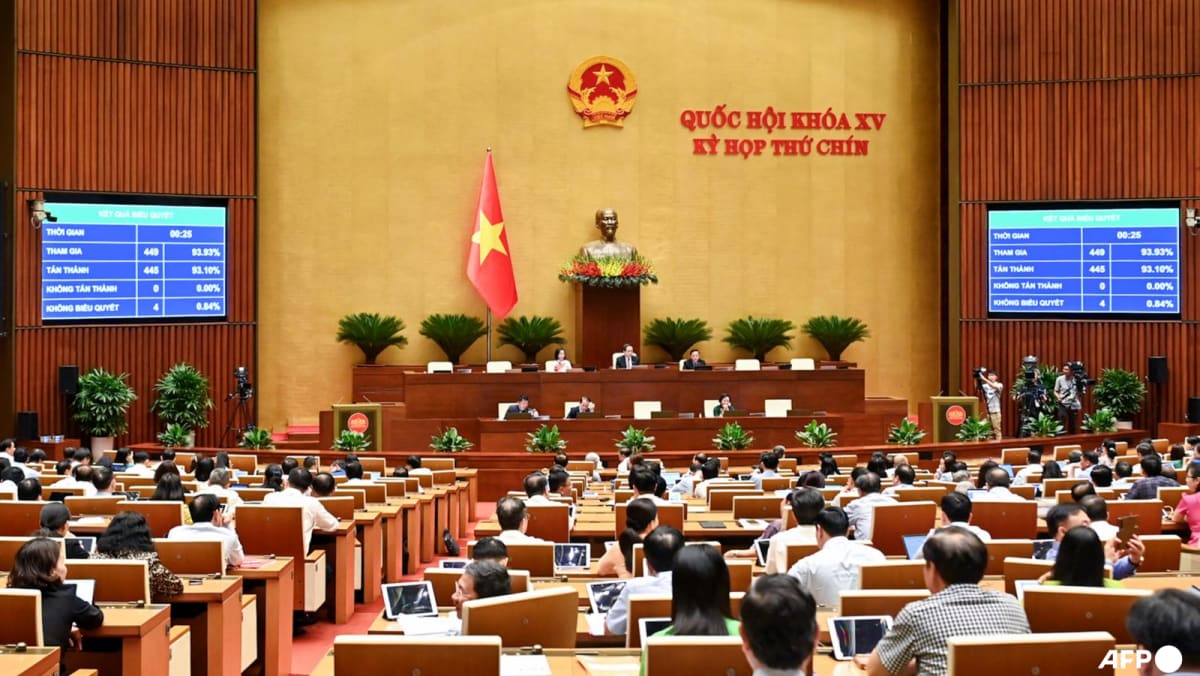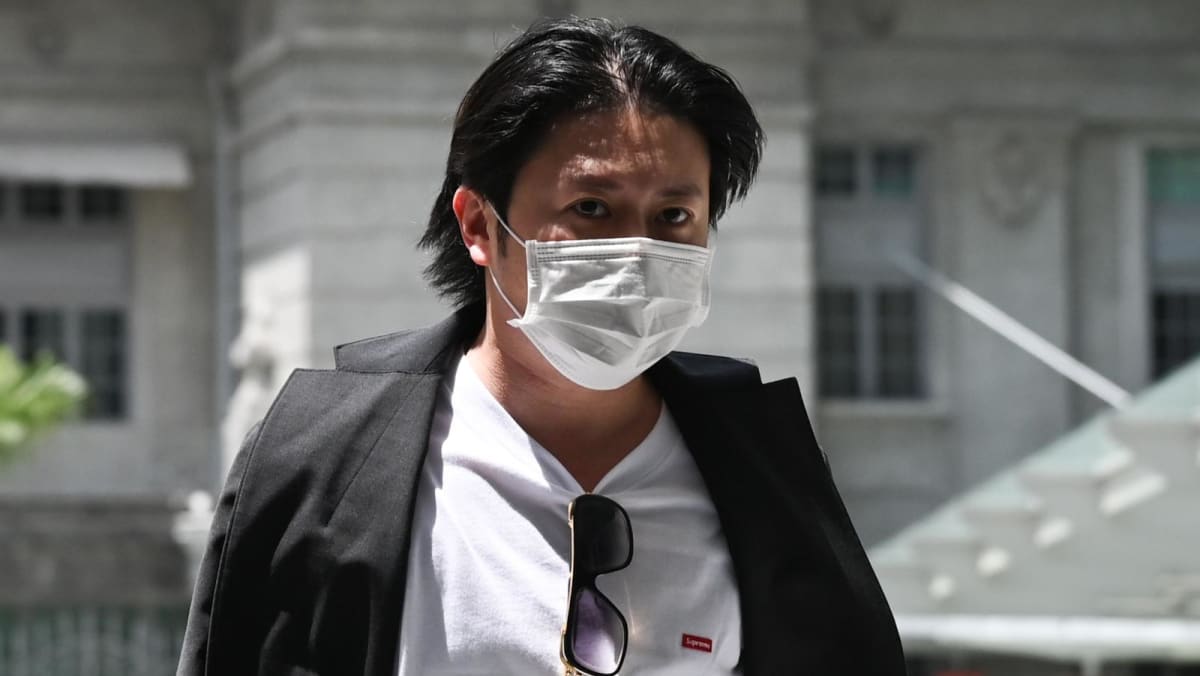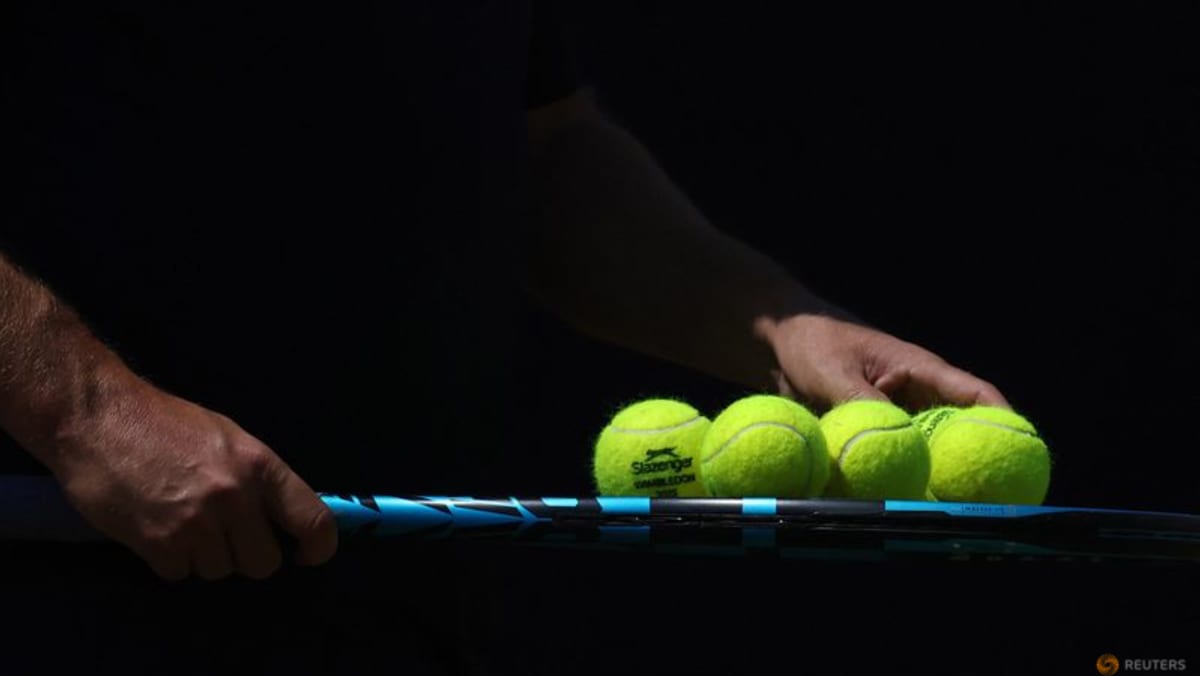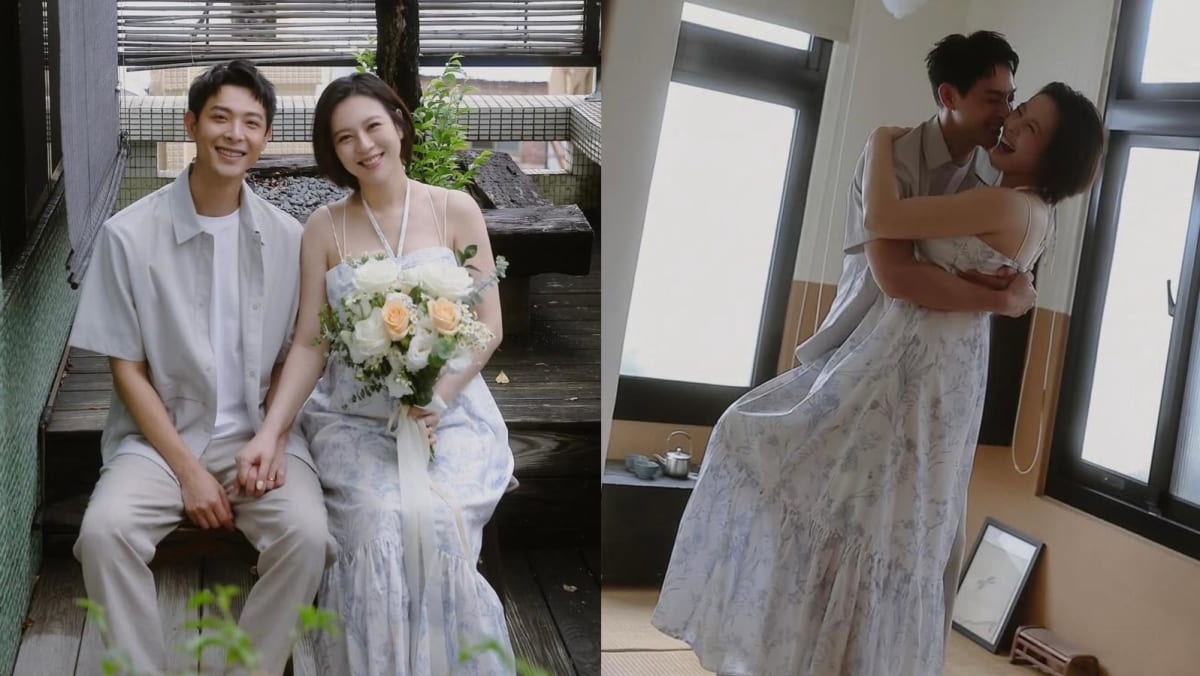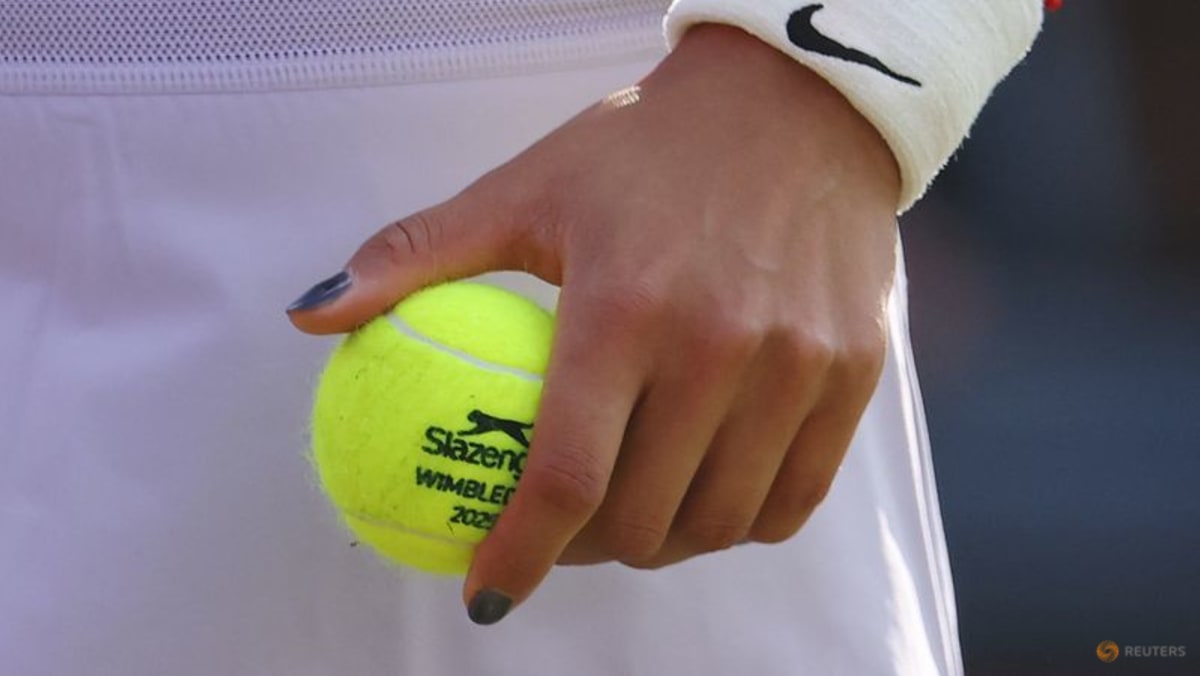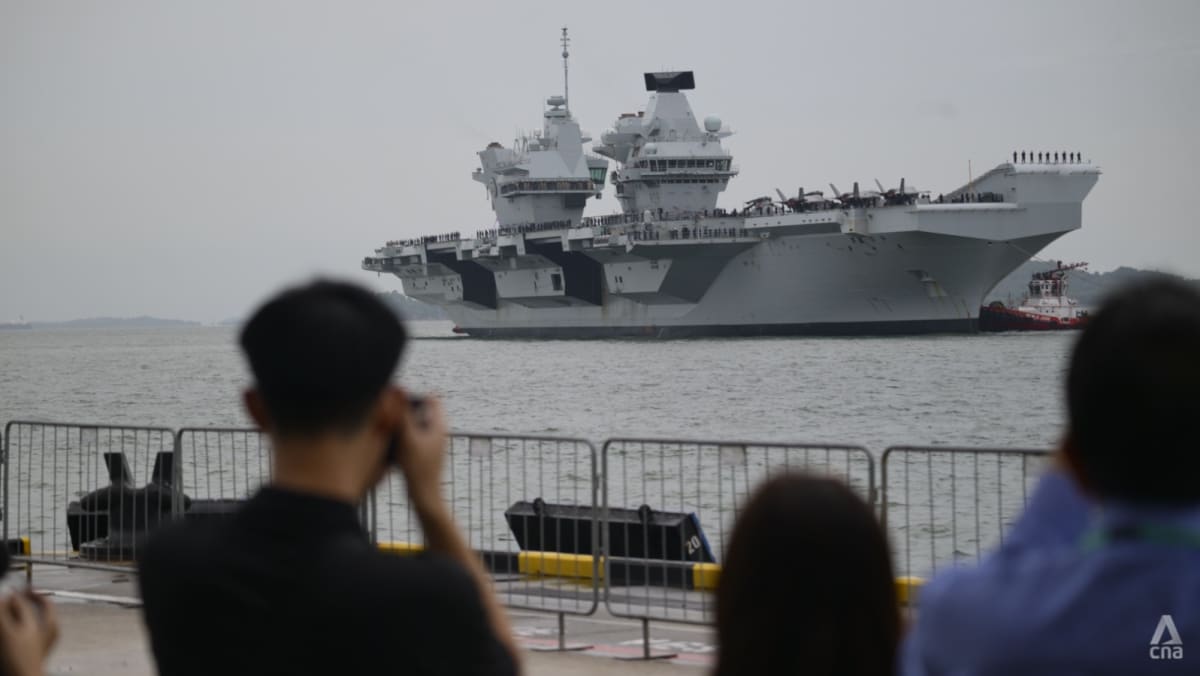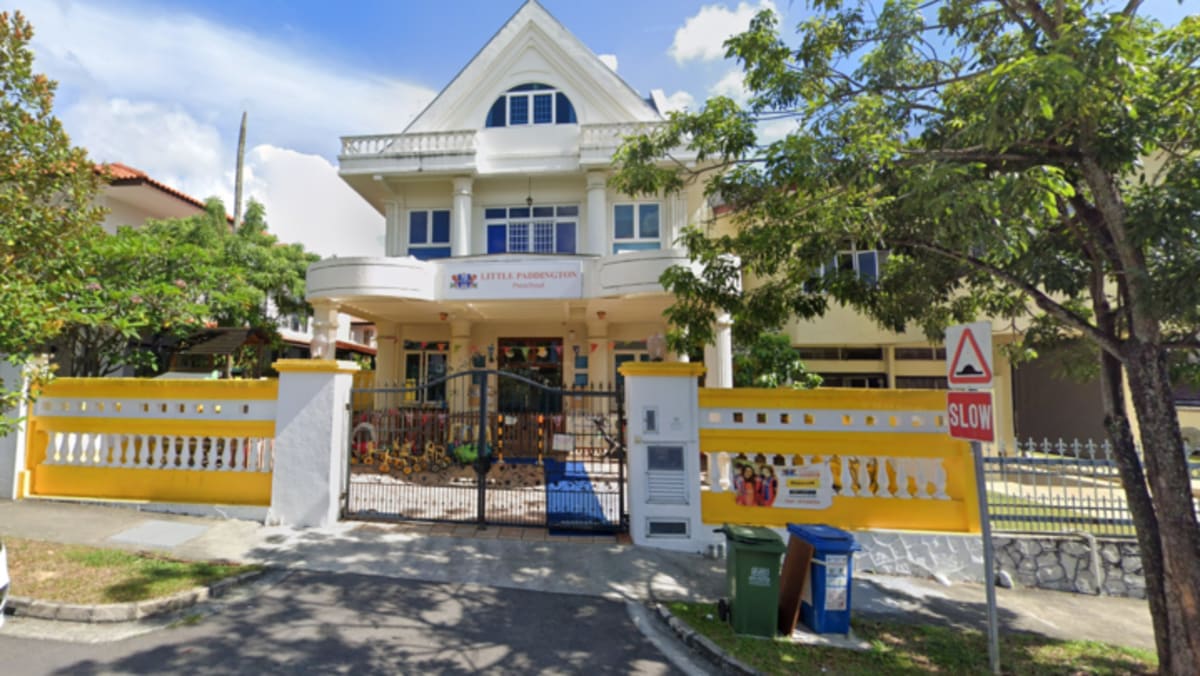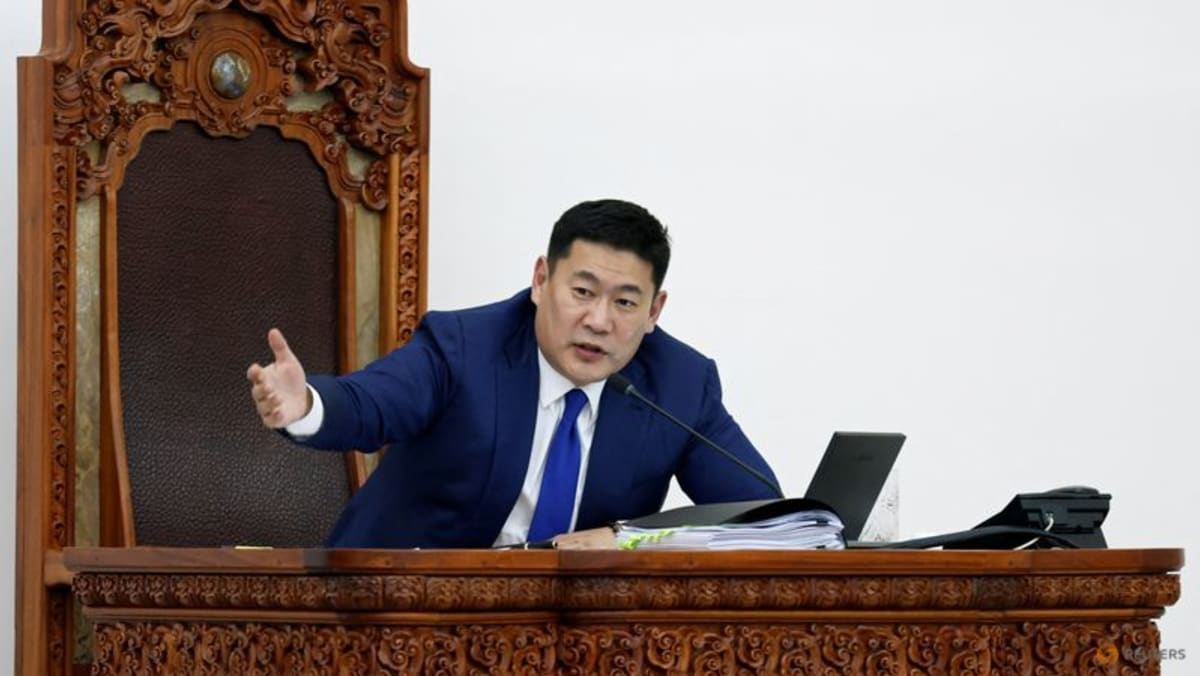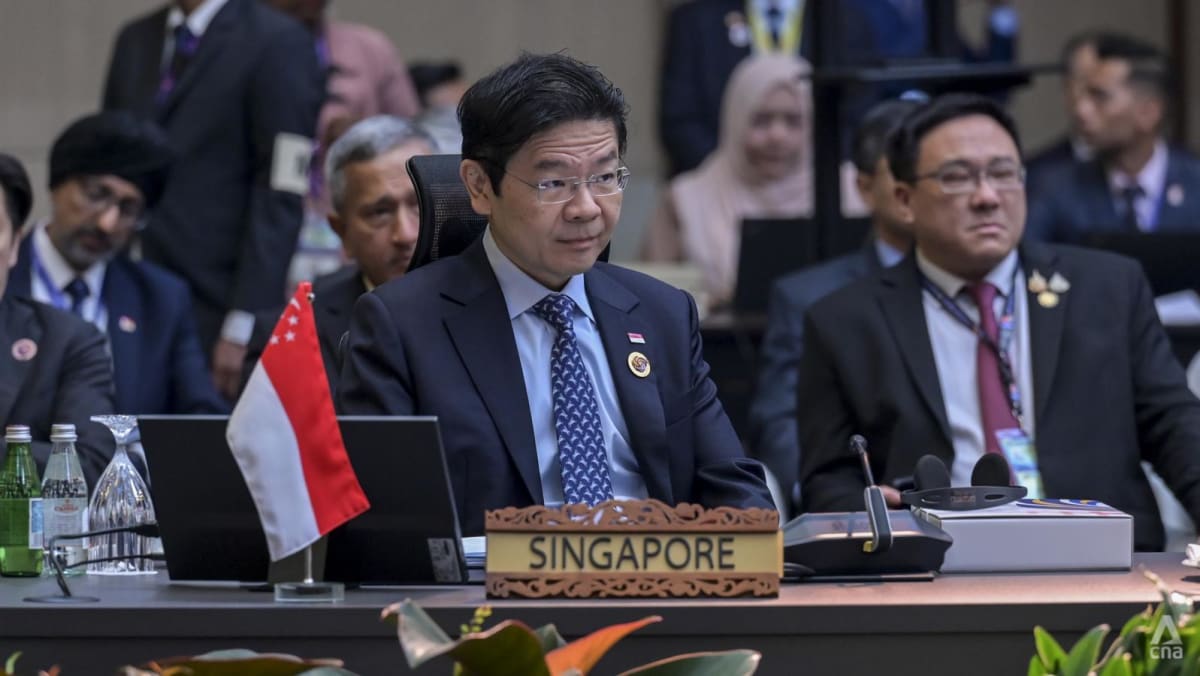KOTA KINABALU, Sabah: When it rains, guesthouse owner Sesuai Suffian fears that his guests might turn on the tap and get brown water.
Surface rainwater could seep into the ageing water supply system, contaminating it with dirt and debris, said the 40-year-old.
“It's very ironic that Sabah is promoted as a global tourism destination, but it doesn’t have basic infrastructure,” he told CNA at his guesthouse in the hills of Kundasang, Sabah, just as a downpour gave way to a mist that shrouded the mountains nearby.
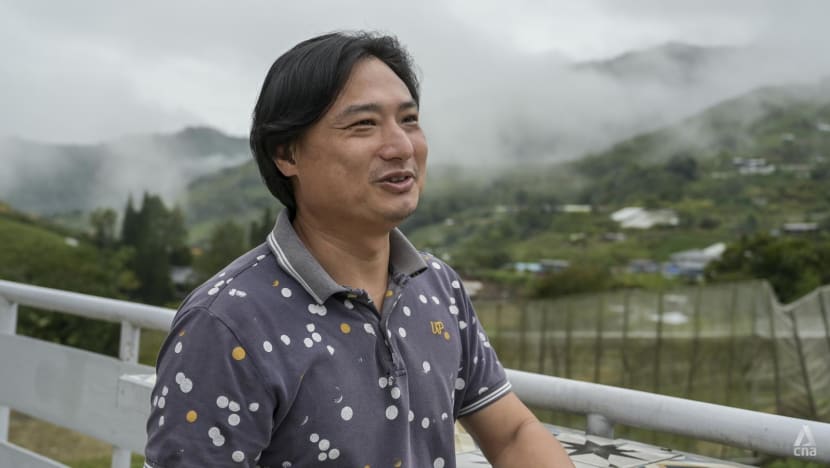 Guesthouse operator Sesuai Suffian hopes the next Sabah state government brings much-needed development to the state. (Photo: CNA/Fadza Ishak)
Guesthouse operator Sesuai Suffian hopes the next Sabah state government brings much-needed development to the state. (Photo: CNA/Fadza Ishak)
Sabah is set to hold its 17th state election this year, and Sesuai said he will support the party that can truly develop a state plagued by perennial problems of water and electricity disruptions as well as poor roads.
The state legislative assembly’s term ends in November and polls must be held within 60 days of the assembly being dissolved, although there is talk the dissolution could happen as early as August.
Sabah’s election is the first in a series of noteworthy state polls - next up are Melaka, Johor and Sarawak - between now and 2028, by when Malaysia’s 16th General Election (GE16) must be held.
The Sabah polls are turning out to be a test of how well Prime Minister Anwar Ibrahim’s unity government partners can work together even as their collaboration is not a given at GE16, political leaders and analysts told CNA.
The state poll results could shape the dynamics between Putrajaya and the Borneo state, amid growing calls for Sabah-based parties to be dominant in governing the state as efforts to reclaim its autonomous rights drag on.
Sabah is one of Malaysia’s poorest states despite being a major contributor to the country’s oil and gas output, and it is still locked in negotiations with the federal government on returning to its entitlement of 40 per cent of its revenue, which it says is crucial for development.
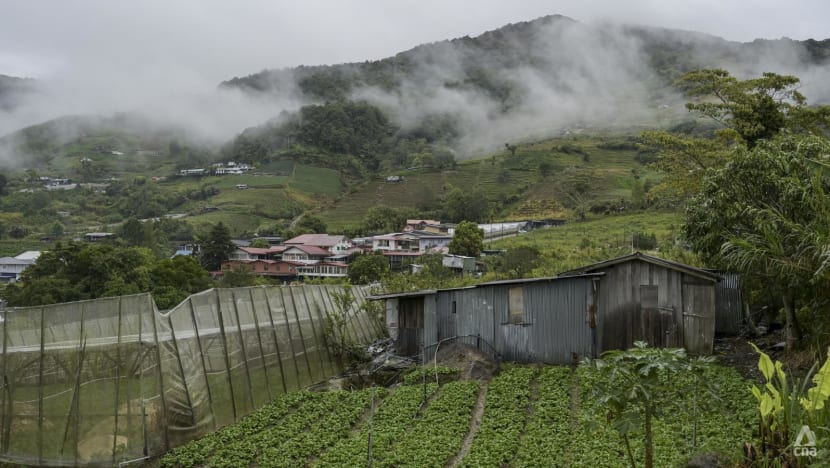 A view of a vegetable farm in Kundasang, Sabah. (Photo: CNA/Fadza Ishak)
A view of a vegetable farm in Kundasang, Sabah. (Photo: CNA/Fadza Ishak)
In the lead up to the election, this federal-state tussle has manifested in some political circles as a “Sabah for Sabahans” sentiment - a desire for local-based parties to govern Sabah exclusively, like in its prosperous East Malaysian neighbour Sarawak.
In Sabah, the Anwar-led Pakatan Harapan (PH) pact is currently a government coalition partner of the ruling Gabungan Rakyat Sabah (GRS), an alliance of eight local parties, while another coalition of parties, Barisan Nasional (BN), is in the opposition led by Warisan.
This is unlike at the federal level, where these coalitions are part of Anwar’s government.
And while bread and butter issues will dominate the Sabah hustings, the state polls is also a barometer of the level of support that Anwar’s daughter Nurul Izzah - newly elected to the post of deputy president of her father’s political party - can galvanise, one expert said.
GRS EYEING “BIG WIN”, BUT SEAT TUSSLES A HURDLE
Of the Sabah state assembly’s 73 elected seats, GRS has 39 seats, Warisan has 14 seats, BN has 10 seats, and PH has seven seats.
Parti Kesejahteraan Demokratik Masyarakat has one seat, held by an assemblyman aligned with the state government. The remaining two seats are vacant.
While PH and BN have announced an electoral pact to mirror its federal partnership, BN has refused to work with GRS, despite GRS stating its intention to continue working with PH.
This stemmed from bad blood between GRS and BN, when some BN members tried and failed to topple the government led by Sabah chief minister and GRS chairman Hajiji Noor in a 2023 political crisis known as the Kinabalu Move. At the time, five BN assemblymen chose to continue supporting Hajiji.
Discussions on a separate PH-GRS partnership are ongoing.
Sabah’s complicated political landscape
Sabah has a long history of political manoeuvres, defections and coups. It is the only state in Malaysia that has changed its government more than five times.
The turbulent political landscape was on full display as recently as 2018, when Malaysia had just concluded its watershed 14th General Election.
The Sabah state election, which was held concurrently, had produced a deadlock: The Warisan-Pakatan Harapan (PH) and Barisan Nasional (BN) coalitions had won 29 seats each, while Parti Solidariti Tanah Airku (STAR) claimed two seats.
On May 10 that year, incumbent Sabah chief minister Musa Aman from BN claimed that he had formed a coalition government of 31 assemblymen from two parties: BN and STAR.
On the same day, he asked Sabah’s governor - the term used for the heads of state in the Borneo states - to appoint him as the chief minister. The governor, Tun Juhar Mahiruddin, agreed.
But the next day, six BN state assemblymen defected to Shafie Apdal’s Warisan party, giving him the support of 35 assemblymen.
On the evening of May 13, the governor requested that Musa step down from the post of chief minister, but Musa declined the invitation. The governor then notified Musa in writing that effective May 12, Musa was “no longer” chief minister.
Shafie was then sworn in as chief minister.
The next Sabah state election, held on Sep 26, 2020, resulted from a coup attempt led by Musa and supported by defectors from the ruling Warisan Plus coalition, comprising Warisan and parties in PH.
Shafie acted swiftly to nullify the coup by gaining consent from the governor to dissolve the state assembly on Jul 30, triggering a snap election.
But Shafie failed to form the government as Warisan Plus managed 32 seats, fewer than Gabungan Rakyat Sabah’s (GRS) 38 seats. At the time, GRS included local parties as well as the peninsula-based United Malays National Organisation (UMNO) and Parti Pribumi Bersatu Malaysia (Bersatu).
Analysts say GRS’ victory was helped by the heft of then-Malaysia prime minister and current Bersatu president Muhyiddin Yassin, who threw his support behind GRS.
But when Bersatu and its Perikatan Nasional (PN) coalition failed to form the federal government following the 15th General Election in 2022, Bersatu’s Sabah assemblymen quit the party en masse.
This group, including the current Sabah chief minister Hajiji Noor, took over the defunct Parti Gagasan Rakyat Sabah (Gagasan) - which was already part of GRS - in December 2022.
The drama would not end there.
In 2023, the state was roiled by a political crisis known as the Kinabalu Move. It began on Jan 6, when BN withdrew support for Hajiji.
This led to a failed coup attempt by Sabah UMNO leader Bung Moktar Radin and Warisan’s Shafie.
The crisis concluded with the state assembly’s approval of an anti-hopping law on May 23, aimed at reducing political instability.
Collapse Expand
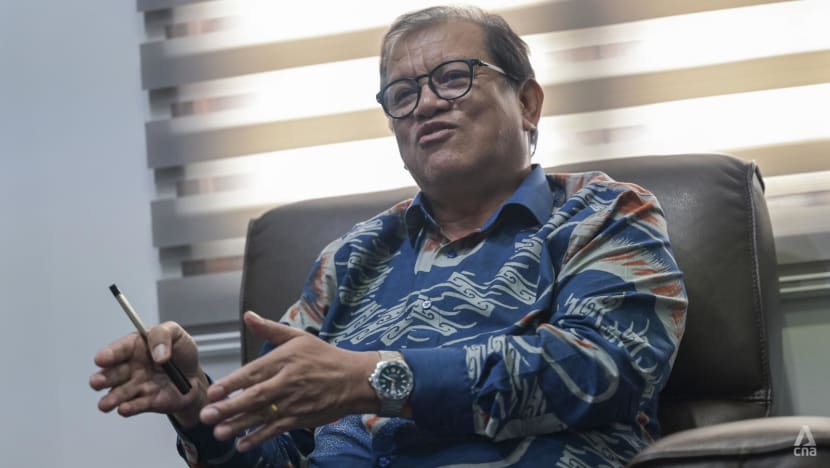 Gabungan Rakyat Sabah (GRS) information chief Joniston Bangkuai is eyeing a big win for his coalition at the upcoming state polls. (Photo: CNA/Fadza Ishak)
Gabungan Rakyat Sabah (GRS) information chief Joniston Bangkuai is eyeing a big win for his coalition at the upcoming state polls. (Photo: CNA/Fadza Ishak)
GRS information chief Joniston Bangkuai told CNA that whether his coalition goes solo depends on discussions with PH, noting that seat distribution between both parties will be “crucial”.
Considering the number of seats GRS currently holds, Bangkuai said it is “only fair” that it contests more than 50 seats at the upcoming state polls.
“PH currently holds seven seats in the state assembly, so I think they should know their strength, and we in GRS know our strength. But what matters is for us to combine the strength that we have to ensure a big win in the next election,” he said.
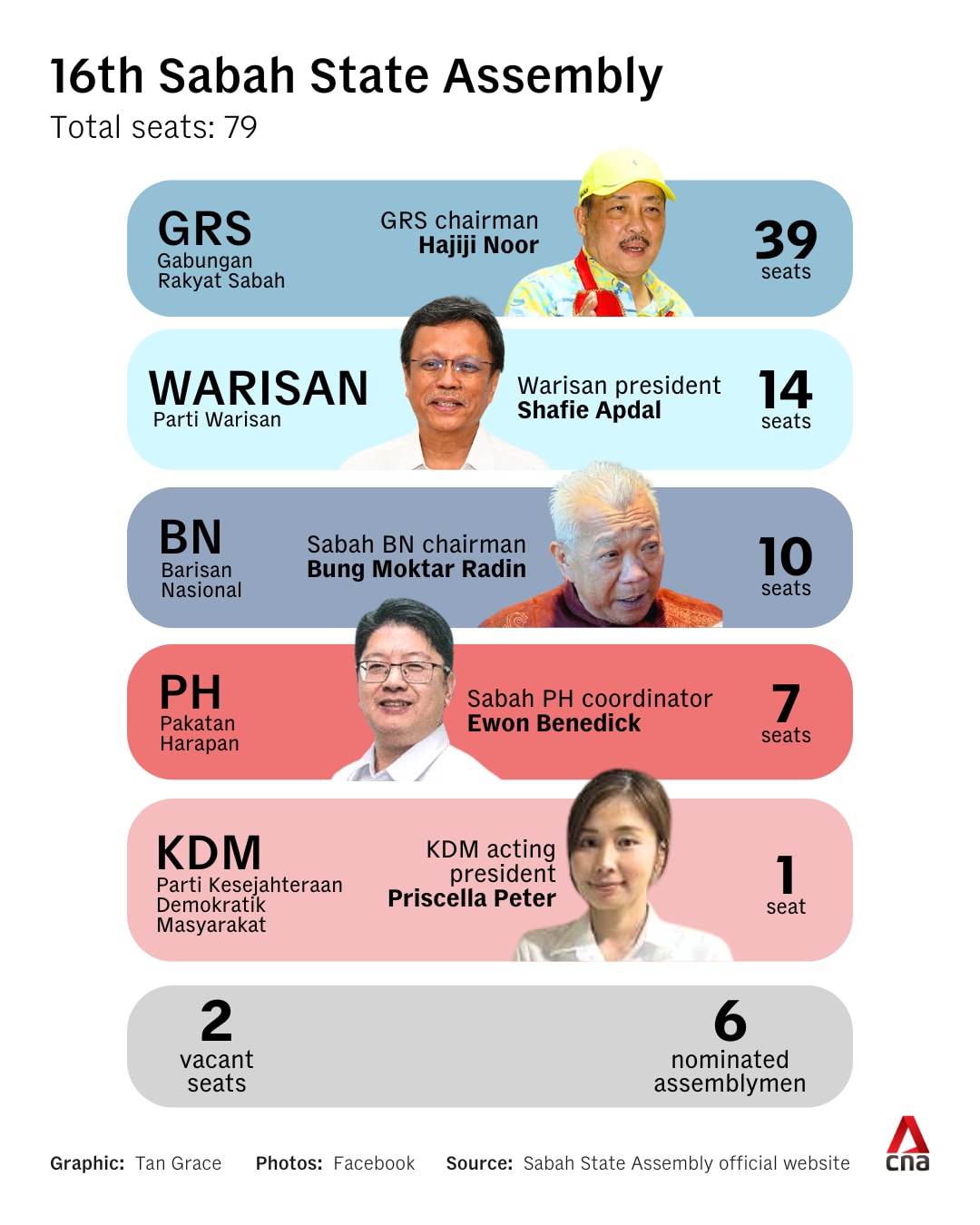
Parti Keadilan Rakyat (PKR), a PH component party led by Anwar, has said it would like to contest around 13 seats, a situation that highlights the complexities around seat negotiations even between electoral partners.
PKR, which contested seven seats at the last Sabah state election in 2020, currently holds only two of PH’s seven seats.
Lee Kuok Tiung, who researches Sabah politics at Universiti Malaysia Sabah, said it is “unrealistic” for PKR to seek to “double their share” of seats to contest.
“Ultimately, the outcome will depend on negotiations. However, I expect that some overlapping claims will lead to clashes in certain constituencies, a situation likely to benefit the opposition,” he told CNA.
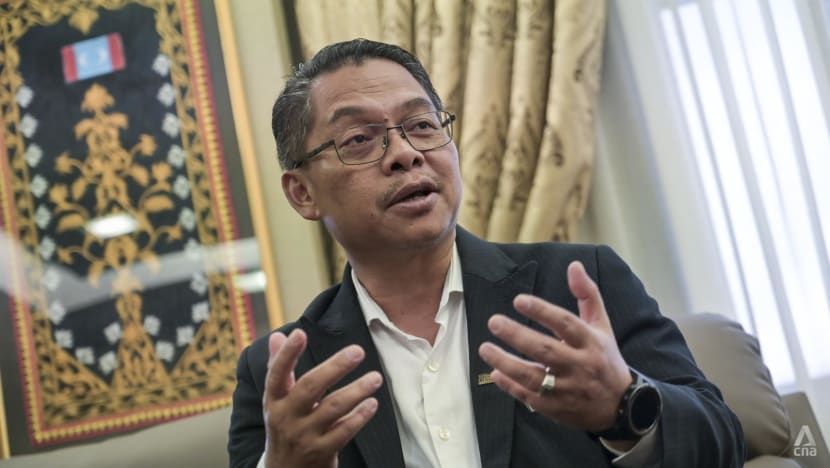 Sabah Parti Keadilan Rakyat chief Mustapha Sakmud hopes unity government partners can work together in the Sabah election to avoid creating cracks at the federal level. (Photo: CNA/Fadza Ishak)
Sabah Parti Keadilan Rakyat chief Mustapha Sakmud hopes unity government partners can work together in the Sabah election to avoid creating cracks at the federal level. (Photo: CNA/Fadza Ishak)
Sabah PKR chief Mustapha Sakmud said it will negotiate with both BN and GRS “so that we have the right numbers and don’t overlap with them”.
“We don’t want to increase our number of seats and jeopardise their chances also. So for us, the most important is the stability of the state and of course the federal level (government).”
Ultimately, Mustapha hopes BN and GRS can iron out their differences to work together at the Sabah polls, calling it a “real test” for the federal government.
He stressed that Sabah needed a stable government to solve its long-standing municipal issues.
“We can’t afford to create cracks now, otherwise the cracks will become bigger in facing the other state elections and of course GE16.”
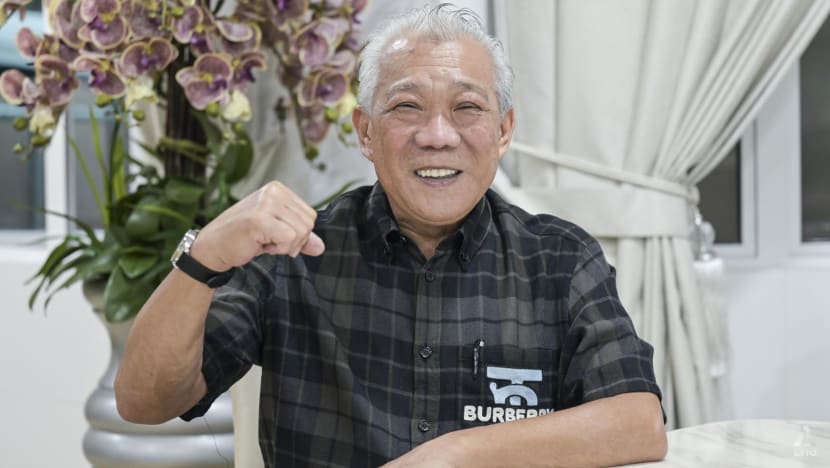 Sabah Barisan Nasional chairman Bung Moktar Radin is averse to working with GRS due to a "nightmare history" between the two coalitions. (Photo: CNA/Fadza Ishak)
Sabah Barisan Nasional chairman Bung Moktar Radin is averse to working with GRS due to a "nightmare history" between the two coalitions. (Photo: CNA/Fadza Ishak)
Sabah BN chairman Bung Moktar Radin said the coalition is targeting to contest around 38 seats, but this has yet to be finalised with PH.
“We don’t totally ignore (the possibility) of working with GRS, but we have a nightmare history with GRS,” he said, claiming that GRS had used independent candidates to sabotage BN at previous state polls despite agreeing to work together.
While GRS’ Bangkuai said the coalition does not have a problem with BN, he accused BN of consistently shunning GRS.
“Well, if they don’t want to work with us, it’s okay,” he said.
Opposition parties are ready to pounce on this uncertainty.
Parti Pribumi Bersatu Malaysia (Bersatu), which is part of the opposition Perikatan Nasional (PN) coalition at the federal level, won 11 seats at the 2020 Sabah polls.
But Bersatu Sabah lost all its seats after its assemblymen - including the current chief minister Hajiji - quit the party en masse to become direct members of GRS in December 2022 following the results of GE15, when Bersatu failed to form the federal government.
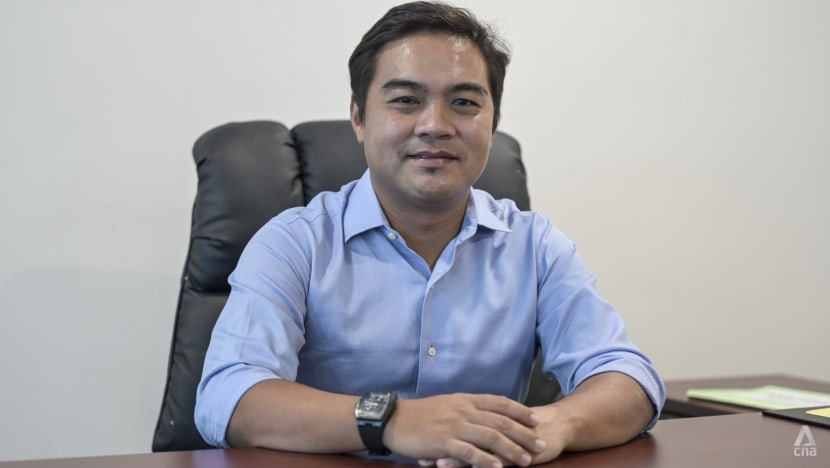 Sabah Parti Pribumi Bersatu Malaysia deputy chief Muhammad Affan Jumahat says his party is ready to pounce on any political uncertainty in the larger coalitions. (Photo: CNA/Fadza Ishak)
Sabah Parti Pribumi Bersatu Malaysia deputy chief Muhammad Affan Jumahat says his party is ready to pounce on any political uncertainty in the larger coalitions. (Photo: CNA/Fadza Ishak)
If PH, BN and GRS eventually form an electoral pact, Sabah Bersatu deputy chief Muhammad Affan Jumahat predicted unhappiness among some GRS component parties if they were forced to relinquish seats to BN.
“We think that there will be a wave of opposition against a coalition that practises internal sabotage,” he told CNA.
“So for voters who are sitting on the fence and thinking of an alternative, we are definitely ready to be this second option.”
When asked about the possibility of working with a party like Warisan in the upcoming polls, Muhammad Affan said Bersatu was “not in a rush” to collaborate, and that any possible partnership would only be announced after the state assembly is dissolved.
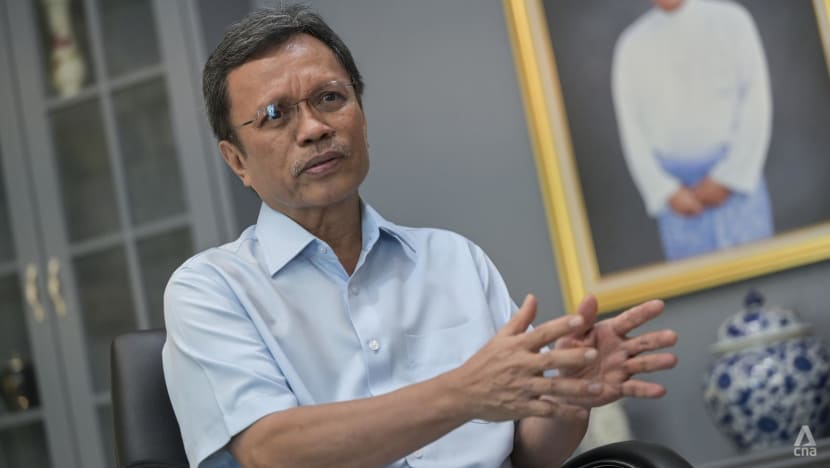 Warisan party president Shafie Apdal during an interview with CNA at his office in Kota Kinabalu, Sabah. (Photo: CNA/Fadza Ishak)
Warisan party president Shafie Apdal during an interview with CNA at his office in Kota Kinabalu, Sabah. (Photo: CNA/Fadza Ishak)
Warisan president Shafie Apdal - the previous Sabah chief minister whose party led the last state government between May 2018 and September 2020 - insisted that Warisan would contest the upcoming polls on its own.
“What is the benefit for us to work with too many parties? You will be only trying to resolve the needs of that particular party, the leaders of that particular party,” he told CNA.
“Before the elections they are quarrelling about allocation of seats. After the election, they will quarrel about which ministry they will have. If you don’t fulfill that, they will jump.”
Universiti Malaysia Sabah political analyst Anantha Raman Govindasamy told CNA that “nothing is impossible” in Sabah political partnerships, and that more crucial would be the post-election alliances, when parties negotiate to come together to form the state government.
For now, it looked like GRS and PH - with their advantage as incumbents - as well as BN would win the majority of seats and form a coalition government, Anantha said, although he called Warisan a “dark horse”.
From his observations, Anantha said Warisan has been “pretty quiet” but working very hard in the rural areas, especially in its strongholds on the east coast of Sabah. This “less talking, more working” approach might appeal to voters, he said.
“And if they're going solo, then people might think that's the best option for a regional party like Warisan compared to GRS, in terms of their working relationship in the past with PN and now with PH,” he added.
“So, that will give a very different kind of element of attracting especially the rural voters.”
An independent candidate movement?
For the upcoming Sabah polls, another sub-plot seems to be brewing.
Verdon Bahanda, the federal member of parliament for the Sabah constituency of Kudat, has launched what he described as a Black Wave Movement of independent candidates.
These candidates plan to contest at least 10 seats in the upcoming Sabah state election in a bid to challenge major political parties and offer the public a credible alternative, he said on Apr 17.
Sabah political leaders CNA spoke to have dismissed the movement as one that could further destabilise Sabah’s political landscape. These independent candidates have sometimes acted as proxies for rival parties, these leaders claimed, splitting the votes in the seats they contest.
For instance, the previous Sabah election in 2020 had the most candidates - including 56 independents - and multi-cornered contests in the state’s history.
Six-cornered fights took place in 26 state seats, while two seats saw a 10-cornered and 11-cornered fight. Some independent candidates openly supported the PN federal administration.
“I wouldn't be surprised if the independent candidates gain more votes and make a difference in the coming election,” Universiti Malaysia Sarawak political analyst Arnold Puyok told CNA.
“If (voters) think that you can solve their everyday problems, there is a high possibility that they will choose you. Doesn’t matter whether you are just an independent candidate.”
Generally, the Sabah electorate can be divided into three groups: The Muslim bumiputera primarily on the west and east coasts of the state, the non-Muslim bumiputera mainly in the rural interior and some parts of the west coast, and the Chinese predominantly in the urban areas.
Universiti Malaysia Sabah political analyst Anantha Raman Govindasamy said the issues at the top of voters’ minds vary depending on where they live in Sabah.
Those in urban areas are concerned about cost of living, poor governance, corruption and infrastructure, desiring better educational and medical facilities, he said.
While residents in semi-urban areas might be concerned about the same issues, they are also affected by what he called “primordial sentiments”, or deep-seated, instinctive emotions or feelings that tie them to certain political personalities and parties.
“That's why you can see in the rural areas, the independent candidates can win - because they are attached to certain ethnic groups and are quite popular among the locals,” he added.
Collapse Expand
SABAH FOR SABAHANS?
If GRS contests the election solo, Anwar’s federal government would throw its weight behind PH-BN and go “all out” to deny GRS the chance of becoming a dominant coalition in Sabah, an expert in East Malaysian politics from Universiti Malaysia Sarawak told CNA.
“I believe it is the intention or the agenda of the federal leadership, of not wanting to see GRS become another GPS. They don't want to see a stronger GRS like GPS in Sabah,” said Arnold Puyok, referring to the Gabungan Parti Sarawak coalition that holds 79 out of 82 seats in the Sarawak state legislative assembly.
“Because if you have a strong GRS, there's a likelihood that GRS and GPS will team up and strengthen the idea of a Borneo bloc.
“I do not think this is something that the federal government wants to see, because if you have a strong Borneo bloc in parliament, then you can push for more rights for Sabah and Sarawak.”
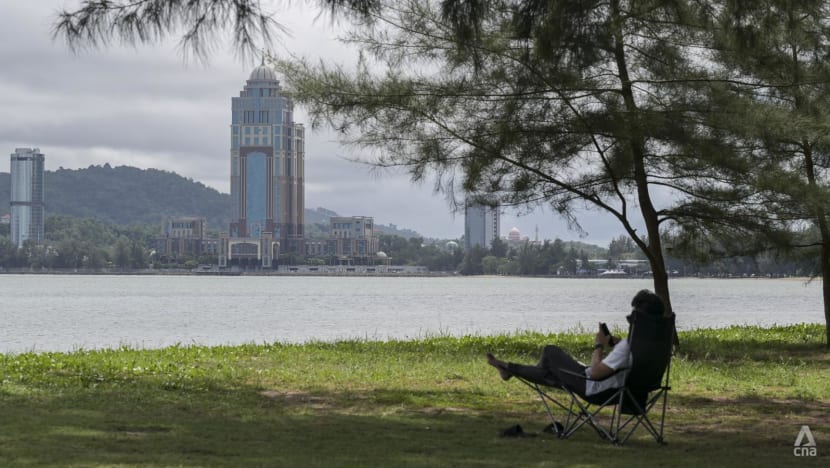 A man sits at Teluk Likas beach overlooking the state administrative building in in Kota Kinabalu. (Photo: CNA/Fadza Ishak)
A man sits at Teluk Likas beach overlooking the state administrative building in in Kota Kinabalu. (Photo: CNA/Fadza Ishak)
As it currently stands, the two Borneo states have been pushing for one-third of the parliamentary seats at the federal level to be allocated to them as stipulated in the Malaysia Agreement 1963.
This legal instrument signed in 1963 formed the basis of the formation of the Federation of Malaysia. It recognises Sabah and Sarawak not as mere states but as equal partners with West Malaysia.
Earlier in May, BN chairman Ahmad Zahid Hamidi - who is also president of the coalition’s lynchpin party United Malays National Organisation (UMNO) - dismissed the Sabah for Sabahans sentiment as divisive, saying it was key for Sabah to maintain a close relationship with Putrajaya for the state’s prosperity and development.
His comments were criticised by GRS component party Parti Solidariti Tanah Airku (STAR), with its president Jeffrey Kitingan decrying a “persistent federal arrogance that refuses to recognise Sabah’s rightful place”.
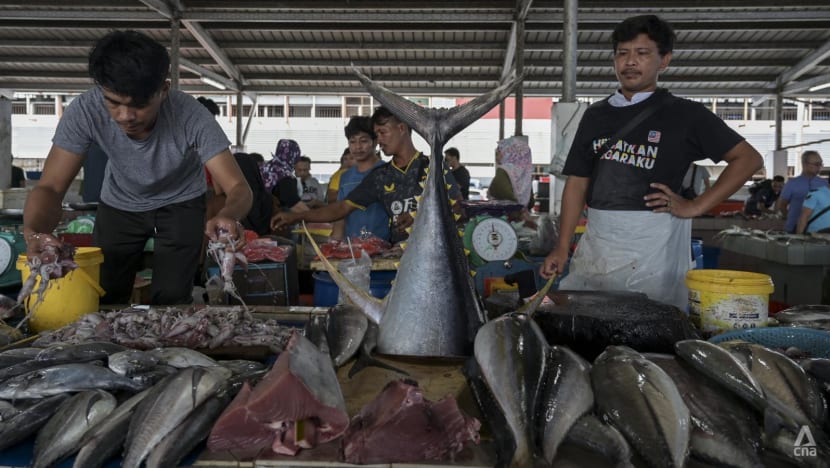 Vendors selling tuna at Kota Kinabalu's fish market. (Photo: CNA/Fadza Ishak)
Vendors selling tuna at Kota Kinabalu's fish market. (Photo: CNA/Fadza Ishak)
Bangkuai, the GRS information chief, said the Sabah for Sabahans view was “nothing new”.
“It doesn't mean that we are being parochial. It doesn't mean that we are anti-federal. It is that sense of belonging. We want to emphasise that we are Sabahans and we deserve this,” he said.
“In the larger context, we do recognise that we are part of Malaysia, but we have our special rights, which is guaranteed by the Constitution and also the various agreements that were signed before Sabah agreed to help form Malaysia.”
Shafie, the Warisan president, said the sentiment appeared to be “more pronounced now” as Sabahans realised they needed to be united for their voices to be heard.
“We were bonded by the hope of having a better life and future, but one can imagine after 60 years, you don’t have enough water, electricity or proper education,” he said.
BN’s Bung Moktar and Bersatu’s Muhammad Affan acknowledged the sentiment, but were keen to emphasise that the leaders in the Sabah chapter of these peninsula-based parties are all Sabahans.
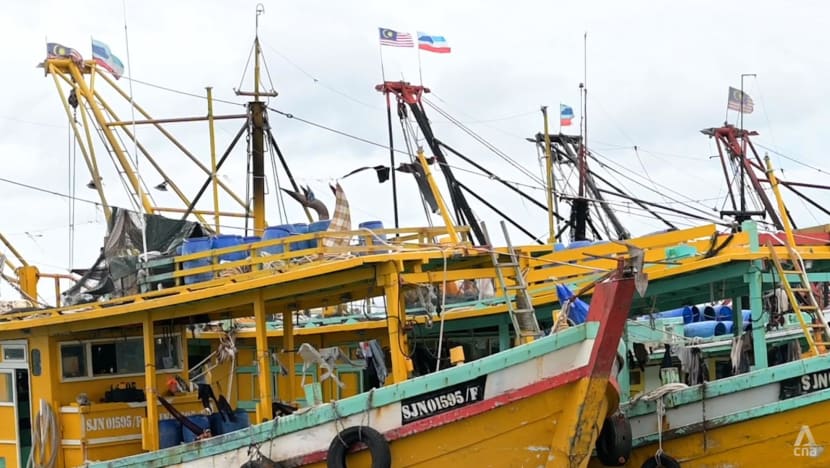 The flags of Malaysia and Sabah fly above fishing boats docked in Kota Kinabalu. (Photo: CNA/Fadza Ishak)
The flags of Malaysia and Sabah fly above fishing boats docked in Kota Kinabalu. (Photo: CNA/Fadza Ishak)
James Chin, a professor of Asian Studies at the University of Tasmania, told CNA that the Sabah for Sabahans belief would make it harder for PH-BN to win big, though he still expects long-time Sabahan leaders like Bung Moktar to prevail given the significance of personality politics in the state.
Chin said it does not matter which parties form the next Sabah government, as they would realign with the federal government under Anwar, who counts on the Borneo parties to maintain a stable majority in parliament.
Following the Kinabalu Move - which is the failed coup attempt by Bung Moktar and Shafie - Anwar praised Hajiji’s political nous for maintaining the stability of the state government.
“But if there’s a (voting) swing away from PH-BN or GRS, then Anwar would know that he cannot rely 100 per cent on Sabah or Sarawak, since the sentiment there is so strong,” Chin said.
“But the most important thing for me is that this is the first big test for (PKR deputy president) Nurul Izzah after all the criticism. She’s got to increase PKR’s seats, otherwise, people will say, ‘You got the job as Number Two, but you can't deliver.’”
The election of Anwar’s daughter as PKR deputy president in May had sparked accusations of nepotism, and shortly after clinching the post she urged Anwar to negotiate for the party to contest at least 13 seats in the Sabah polls.
Nurul Izzah also called on PKR members and leaders nationwide to close ranks and focus on the state election in Sabah, saying victory was critical.
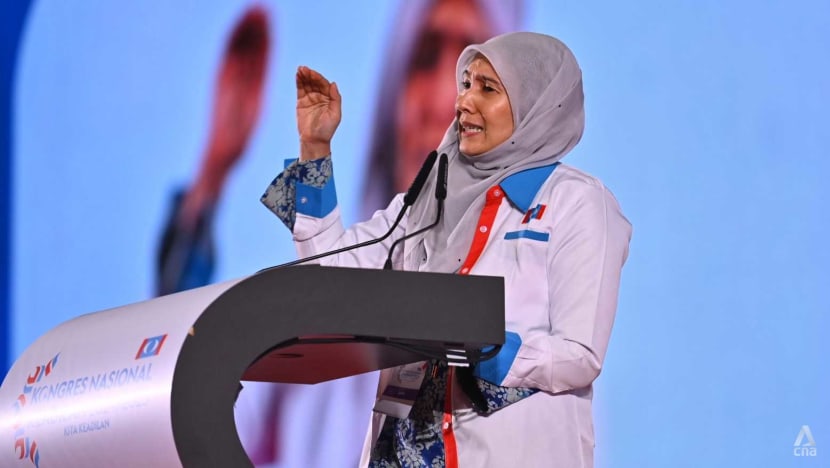 Nurul Izzah Anwar, the new PKR deputy president, delivers a speech during the 18th PKR national Congress in Johor Bahru, Johor, on May 24, 2025. (Photo: CNA/Zamzahuri Abas)
Nurul Izzah Anwar, the new PKR deputy president, delivers a speech during the 18th PKR national Congress in Johor Bahru, Johor, on May 24, 2025. (Photo: CNA/Zamzahuri Abas)
The Sabah PKR chief Mustapha admitted it was “very clear” all eyes are on how he and Nurul Izzah could steer PKR towards more seats, using the party’s record of winning seven seats at the 2013 Sabah election as a benchmark.
“If we can manage BN and GRS, I think it's easier for us to achieve the target of winning more than 10 seats,” he said.
While Mustapha agreed with the Sabah for Sabahans sentiment, he said it is “better” that local and peninsula-based parties combine to improve Sabah.
“My point of view is that it’s not about local or national (parties), it's about leaders. We have to produce leaders that can solve all these problems,” he added.
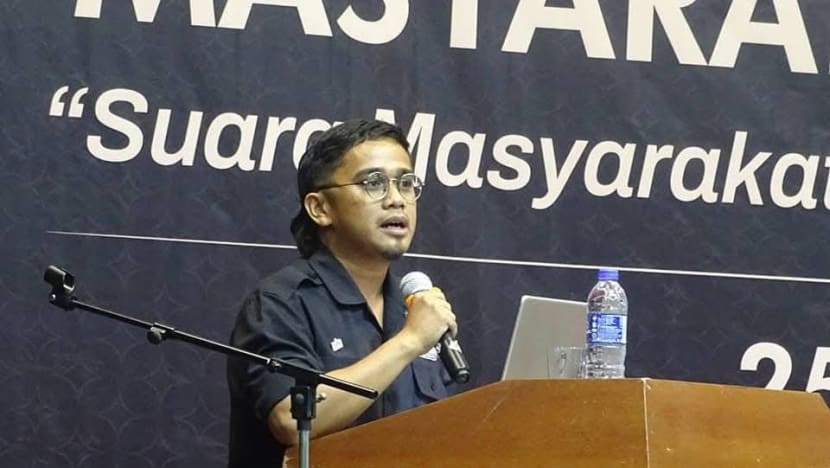 Borneo Komrad co-founder Mukmin Nantang feels the "Sabah for Sabahans" sentiment has been politicised. (Photo: Mukmin Nantang)
Borneo Komrad co-founder Mukmin Nantang feels the "Sabah for Sabahans" sentiment has been politicised. (Photo: Mukmin Nantang)
The co-founder of Borneo Komrad, a Sabah-based youth-led human rights non-governmental organisation, said the sentiment seems to be manipulated for political gain every election season.
“I don’t have any problem with this idea of Sabah for Sabahans, but I have a problem with how it has been used without evidence that Sabahan leaders have been able to resolve our problems,” Mukmin Nantang told CNA.
“In every term of the federal government, Sabahan leaders have helmed high-profile ministries, but even though we’re supposed to have autonomy as a state, we’ve not seen much progress on it.”
WATER DISRUPTIONS, RISING COST OF LIVING
Mukmin used the persistent water disruptions at the state’s Universiti Malaysia Sabah in the capital Kota Kinabalu as one example, noting how the issue has sparked a string of protests.
“Imagine, the state’s main university that sits in the middle of the capital has water problems. This illustrates the severity of the water problem in other areas, without any resolution by the state government,” he said.
Residents CNA spoke to elsewhere complained of sudden water cuts and rationing that kicked in for most of the day, forcing them to rely on bottled water to shower and cook. These problems have gone on for years and become the norm, they said.
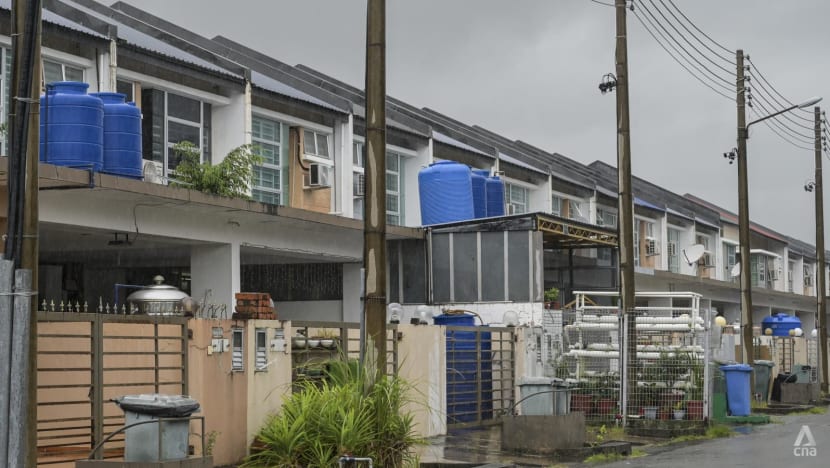 Water tanks in landed homes in Bandar Sierra, Sabah. (Photo: CNA/Fadza Ishak)
Water tanks in landed homes in Bandar Sierra, Sabah. (Photo: CNA/Fadza Ishak)
In Bandar Sierra, a town a half-an-hour drive north of Kota Kinabalu, CNA spotted blue water tanks at most of the landed homes in the area.
Al Sharif Kadir, who sells fried snacks at a roadside stall in Bandar Sierra but lives in government housing in nearby Telipok, told CNA he experiences water disruptions around once or twice a month.
The 38-year-old has bought his own water tank, but the spare water only lasts him a day or two during disruptions. After that, he must buy water from petrol stations.
Al Sharif does not know why the water issues have persisted for so long, but reckoned it could be due to spiking demand from more homes being built, putting further strain on an already ageing water system.
Illegal squatters who drill into water pipes for their own use and recent cases of corruption at Sabah’s water department could also be factors, he said.
The latest protests at Universiti Malaysia Sabah on Jun 21 and Jun 22 had a fiery anti-corruption theme, with demonstrators burning a caricature of Anwar and arrests being made.
“I hope the next state government can improve the water issue and the state of the roads,” Al Sharif said, after feeding his toddler daughter sat on a table.
When asked how the current state government has performed, Al Sharif said it was too early to judge based on a single term.
“I had hoped the previous Warisan government could bring change, but it fell after only two years,” he said, referring to the snap election Shafie called in 2020 to nullify a coup attempt but was ultimately defeated in.
“Maybe there were some groups trying to tarnish the party’s name.”
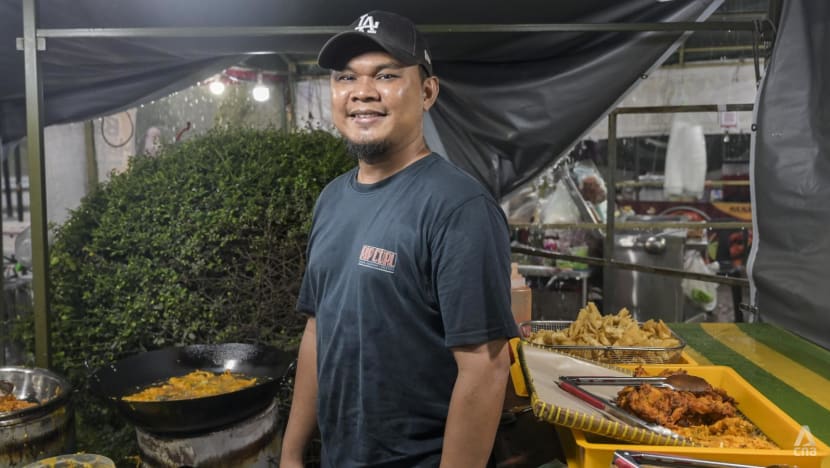 Roadside snacks vendor Al Sharif Kadir wants the next state government to solve the perennial issues of water disruptions and poor roads in Sabah. (Photo: CNA/Fadza Ishak)
Roadside snacks vendor Al Sharif Kadir wants the next state government to solve the perennial issues of water disruptions and poor roads in Sabah. (Photo: CNA/Fadza Ishak)
When Warisan was in power, the party was frequently dogged by allegations - especially by non-Muslim bumiputera Sabahans - that it was sympathetic to illegal immigrants, a sensitive issue in the state.
Puyok, the political analyst from Universiti Malaysia Sarawak, said an ineffective civil service and frequent politicking in Sabah have contributed to its perennial municipal problems remaining unsolved.
“If they are in power, the focus is not to resolve all of these municipal issues, but to remain in power. So, they have to focus on politics,” he said, noting that Sabah has remained under the rule of the same political elites for many years.
“If you don't have this focus on resolving issues related to infrastructure, then of course you will have this issue of lack of water supply, lack of electricity and so on and so forth.”
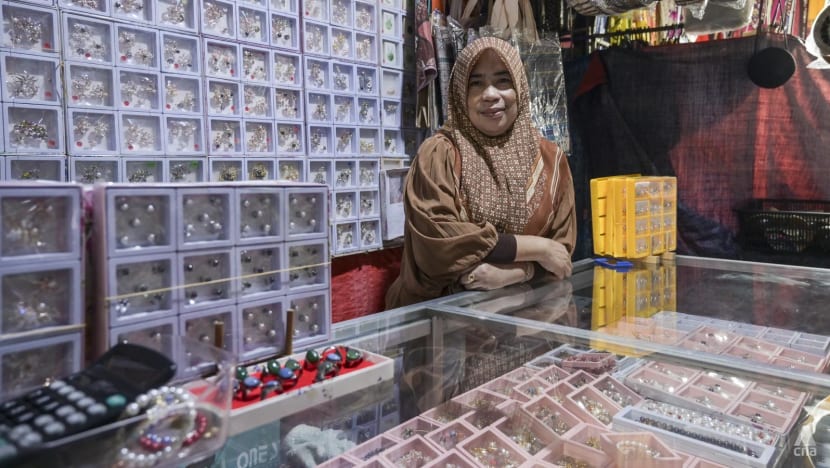 Brooch seller Minang Suhaili hopes political parties in Sabah deliver on promises to cushion against rising costs of living. (Photo: CNA/Fadza Ishak)
Brooch seller Minang Suhaili hopes political parties in Sabah deliver on promises to cushion against rising costs of living. (Photo: CNA/Fadza Ishak)
At Kota Kinabalu’s touristy night market selling everything from crafts to seafood, vendor Minang Suhaili, 52, seemed disillusioned when asked for her thoughts on the current state government.
“We just follow whoever is in power; it’s not as though we can do anything. Even though we don’t like it, we are forced to follow because we don’t want unrest,” she told CNA behind clear-glass cases containing rows of shiny brooches for sale.
“It’s the same (whoever is in government). But they are smart - they make promises so we follow them. But if they are not fulfilled, we can’t do anything.”
When pressed on these promises, Minang lamented the rising cost of living. “We want RM100 (US$23.50) to be able to buy many things,” she added.
Sabah’s per capita gross domestic product was RM31,147 in 2023, only ahead of the opposition-held states of Terengganu, Perlis, Kedah and Kelantan.
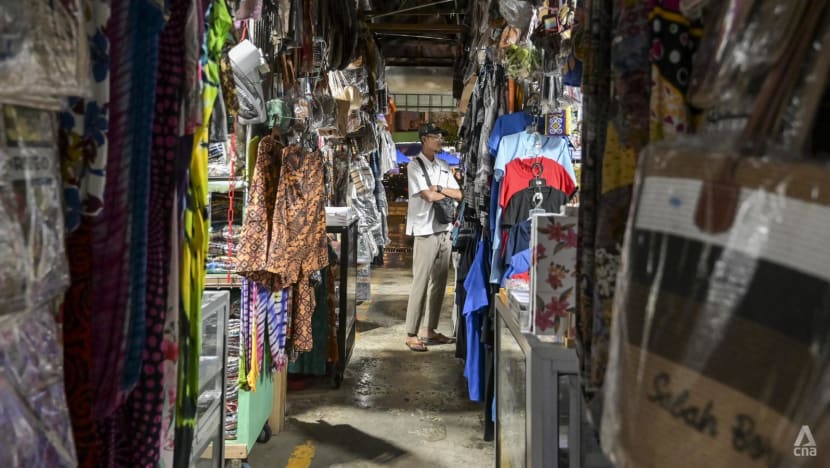 A man looks at souvenirs on sale at Kota Kinabalu's night market. (Photo: CNA/Fadza Ishak)
A man looks at souvenirs on sale at Kota Kinabalu's night market. (Photo: CNA/Fadza Ishak)
As the hustings heat up, opposition parties have sought to portray the current GRS-PH government as one that has failed to deliver on its promises, while the incumbents have shot back by saying the problems existed even when the opposition was in power.
BN’s Bung Moktar said the party has prepared a “new deal” that will benefit young voters, transform state government-linked companies, and give Sabah a brighter future.
The state’s problems have worsened under the current state government and exposed its leadership “failure”, he said.
“They promised to give something to the people, but in order to get it, they asked the people to (support) GRS,” he added. “We have all the details. We will expose them during campaign time.”
Warisan’s Shafie said his party will announce a long-term plan to build more dams and improve existing ones to resolve the water and power issues, as he called the current administration a “failed government”.
“Not only are they not able to manage it, but you have people who are very corrupted in parts and parcels,” he said, citing graft in the Sabah water department.
“There are basic fundamental issues that need to be resolved. Besides that, you have leakages - giving too much concessions to private sectors. Corruption is also very rampant right from the bottom to the top.”
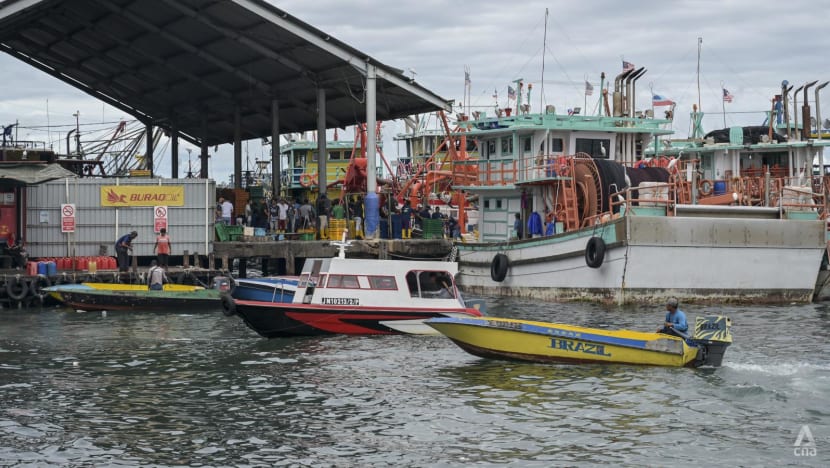 Boats waiting to be refuelled at a pier in Kota Kinabalu. (Photo: CNA/Fadza Ishak)
Boats waiting to be refuelled at a pier in Kota Kinabalu. (Photo: CNA/Fadza Ishak)
GRS’ Bangkuai said the current government has made more progress than past administrations in resolving municipal issues, and is in the midst of replacing ageing water pipes and building new reservoirs as well as water treatment plants.
“It's all over social media - infrastructure, roads, water, electricity. But these are legacy issues,” he said.
“We will not be able to solve it overnight. It will take time, and based on planning by the respective departments, we should be able to solve this problem in the next two, three, four years.”
Bangkuai also touted the GRS government’s achievement in pulling in more investment for the state as well as progress in extracting more revenue from the federal government.
Addressing criticism by opposition parties, he took aim at Shafie and said these people must recognise they were also once in government.
“I have to be blunt on this. The president of Warisan used to be the (federal) Minister of Rural Development for seven years. He should ask himself, has he done enough to address this problem?” Bangkuai asked.
“We should be working together instead of criticising and pointing fingers. It will not bring us anywhere. The GRS government is focused on addressing these problems.”
MINING CORRUPTION SCANDAL
Perhaps the biggest problem for GRS emerged in December last year, when a businessman released a series of video exposes showing alleged discussions with Sabah lawmakers - mainly GRS leaders - and claiming that money was given to them as “bribes” in exchange for support for his mining licence application.
On Jun 30, the businessman and two GRS-aligned state assemblymen were charged with receiving and giving a total of RM350,000 in bribes related to mineral prospecting licence applications in the state. They pleaded not guilty.
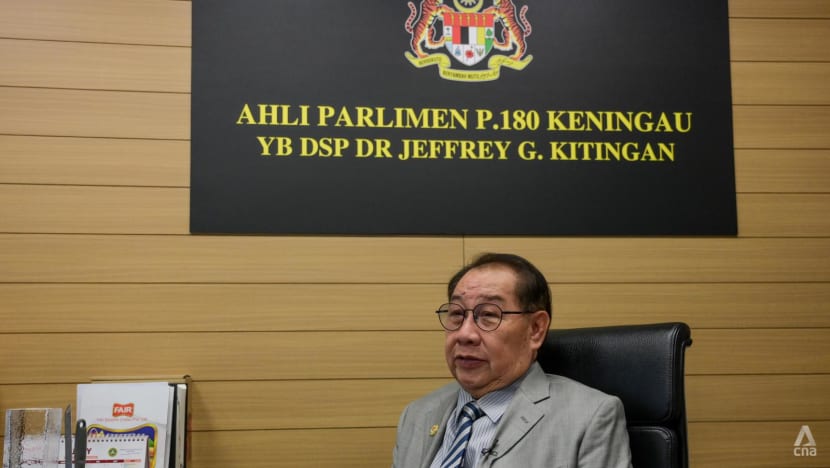 Parti Solidariti Tanah Airku president Jeffrey Kitingan speaking to CNA in an interview on Jul 17, 2024. (Photo: CNA/Fadza Ishak)
Parti Solidariti Tanah Airku president Jeffrey Kitingan speaking to CNA in an interview on Jul 17, 2024. (Photo: CNA/Fadza Ishak)
While the chief minister Hajiji has been cleared of wrongdoing, the expose has implicated several other GRS assemblymen, including the STAR president Kitingan.
Kitingan has denied the allegations and accused certain groups of orchestrating a ploy to alter Sabah’s political landscape.
GRS’ Bangkuai told CNA that the coalition welcomes a thorough investigation and that the state government is ready to give its full cooperation.
Highlighting that other political leaders in Malaysia have been charged with corruption and some released with a discharge not amounting to an acquittal, he said Sabah’s case had to be seen in the “same breath”.
“The authorities are free to investigate … So what does that mean? Let the people judge,” he added.
Puyok from Universiti Malaysia Sarawak said the mining scandal is unlikely to be well-received by voters, especially those in urban areas and among the professional and educated segments of the electorate.
“(Constituencies that would be) harder hit would be Chinese areas in the west coast of Sabah,” he said, although the impact on GRS’ chances would depend on where its assemblymen contest.
“Warlords like Jeffrey (Kitingan) will not be badly hit.”
For Sesuai, the Kundasang guesthouse operator, the hope is for Sabah’s leaders to focus their attention on serving the people.
“Every time there are changes in politics, a lot of effort from the government will be put on hold, because their focus is to stabilise the politics… instead of delivering their efforts to the rakyat (people),” he said.
“So, stability is of course the best thing that we hope for this coming election.”

